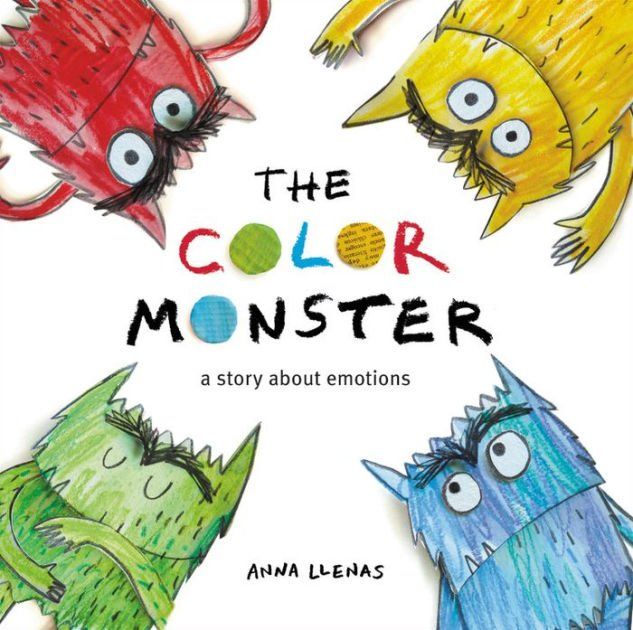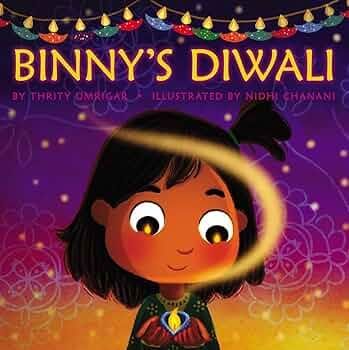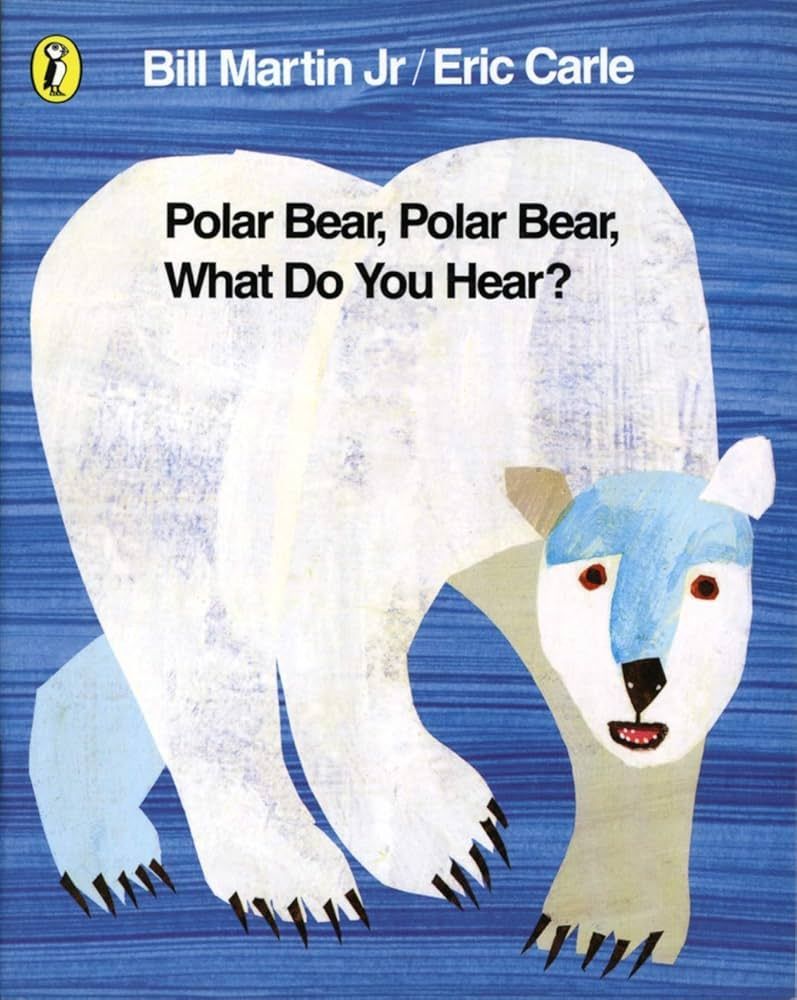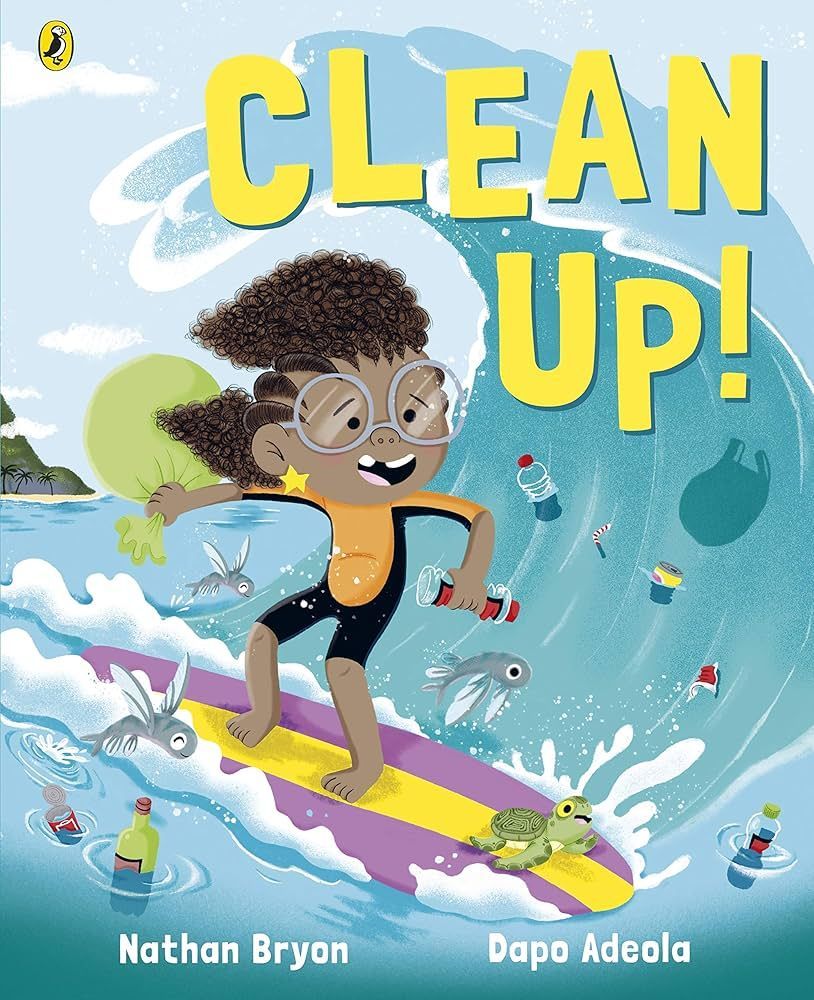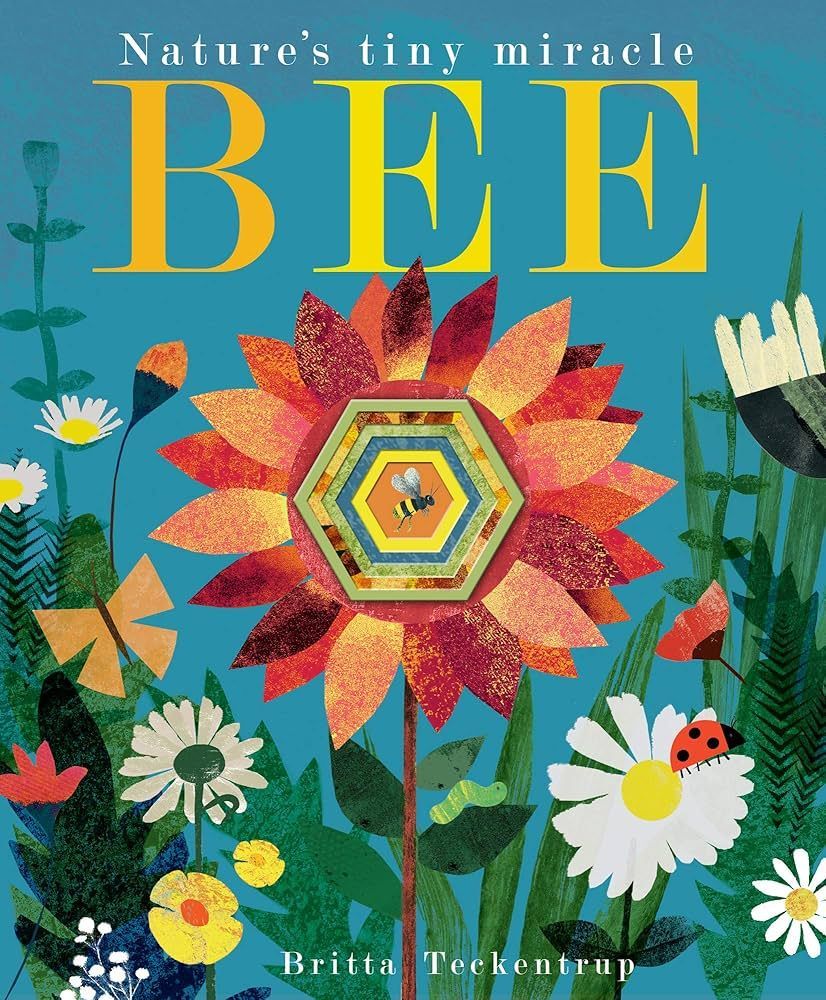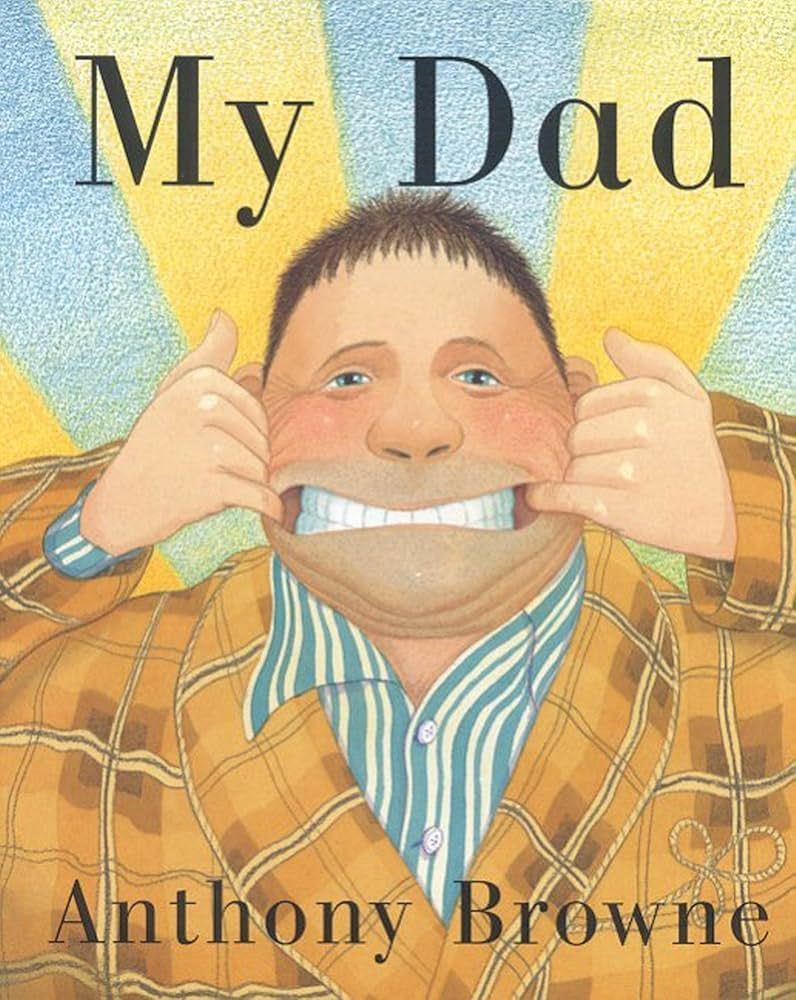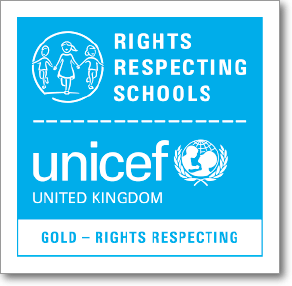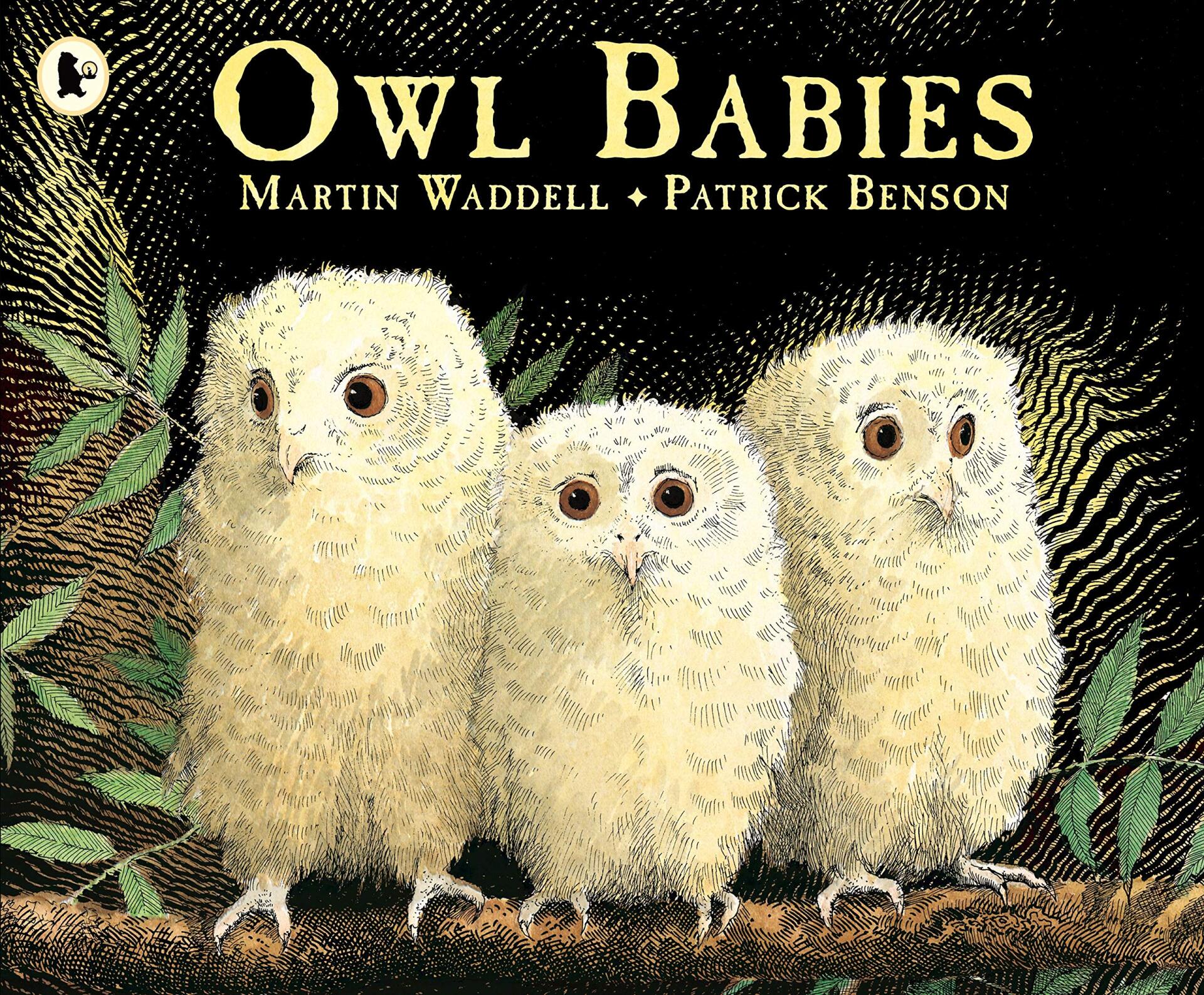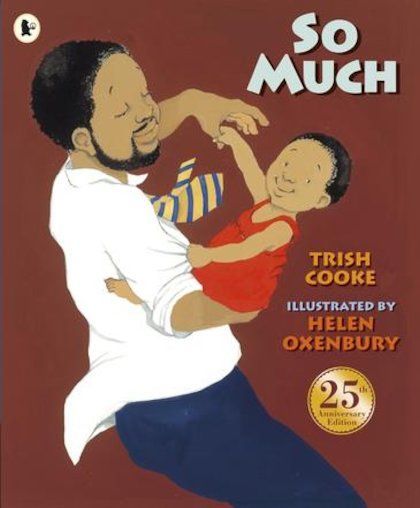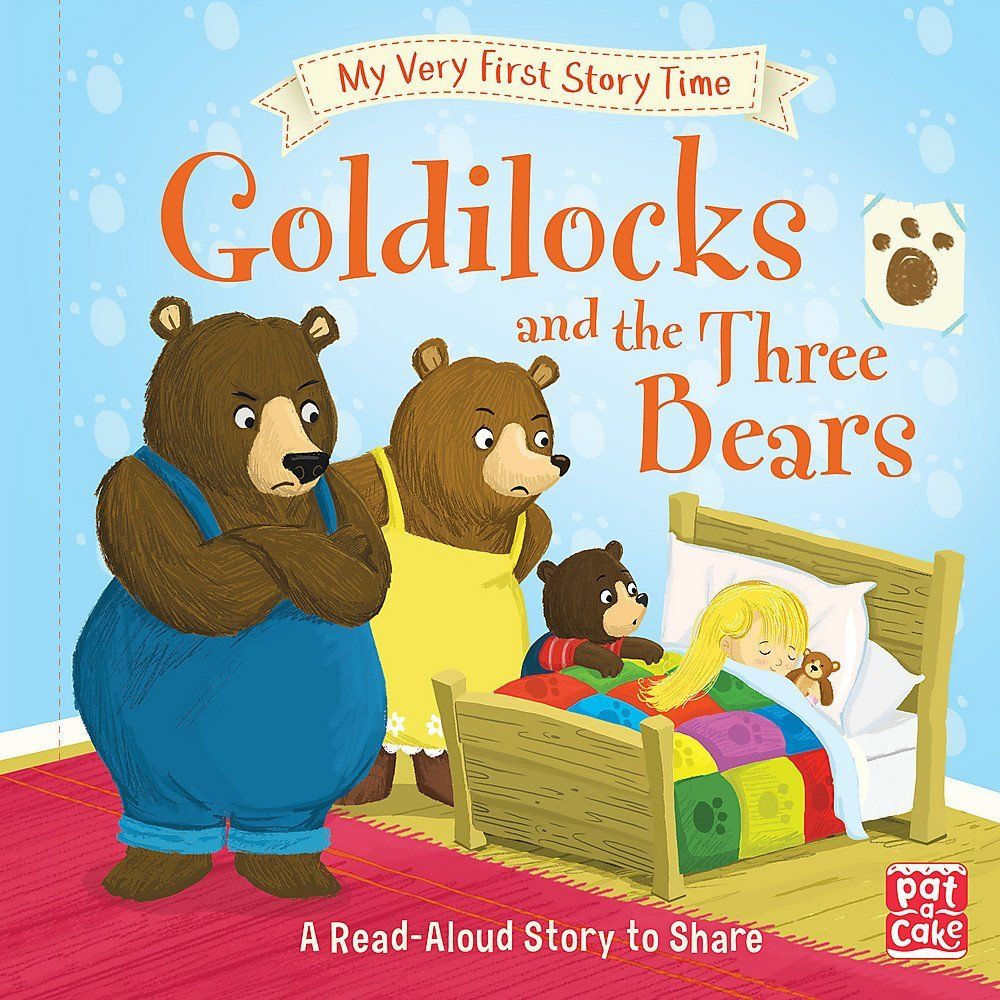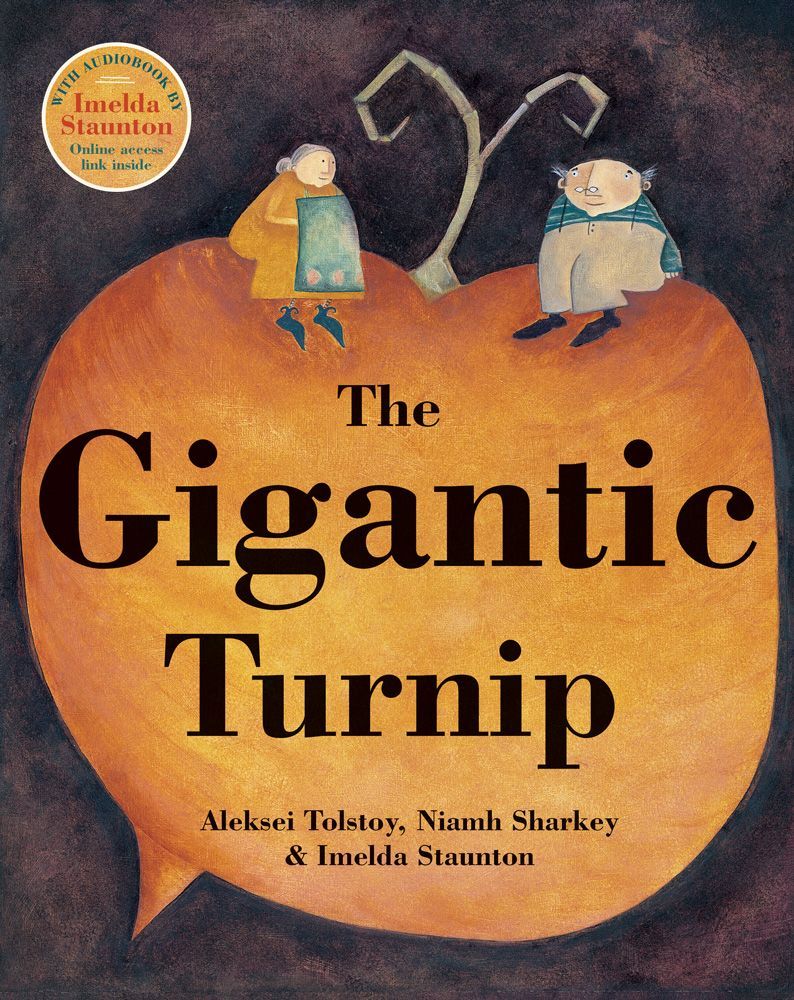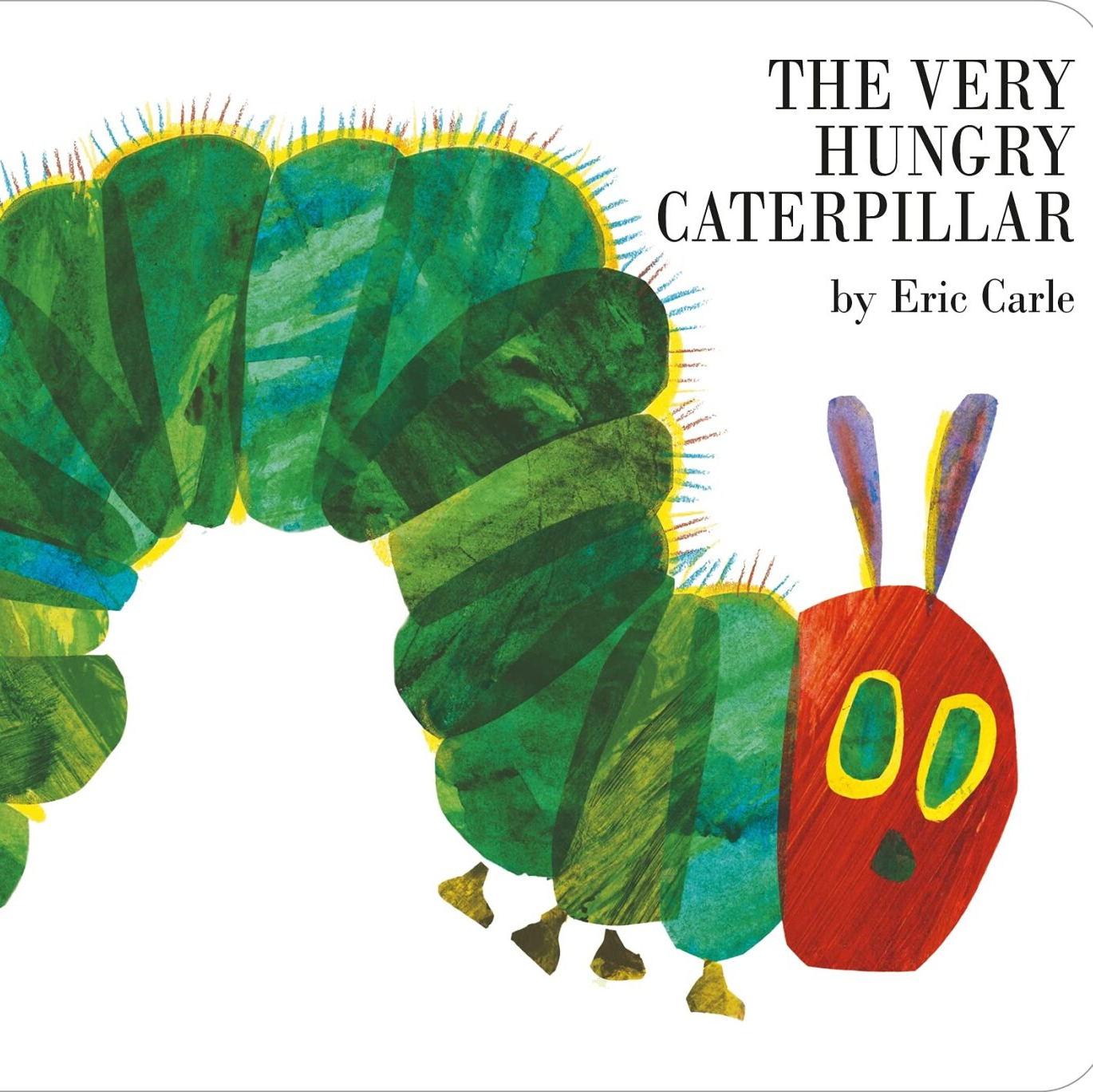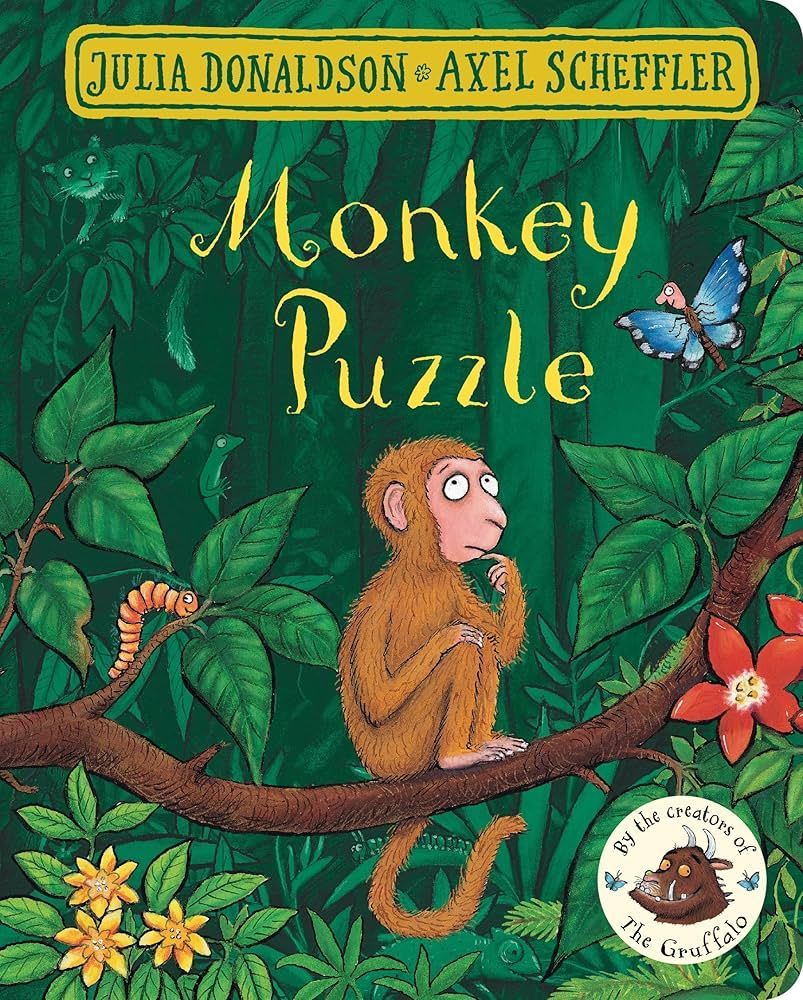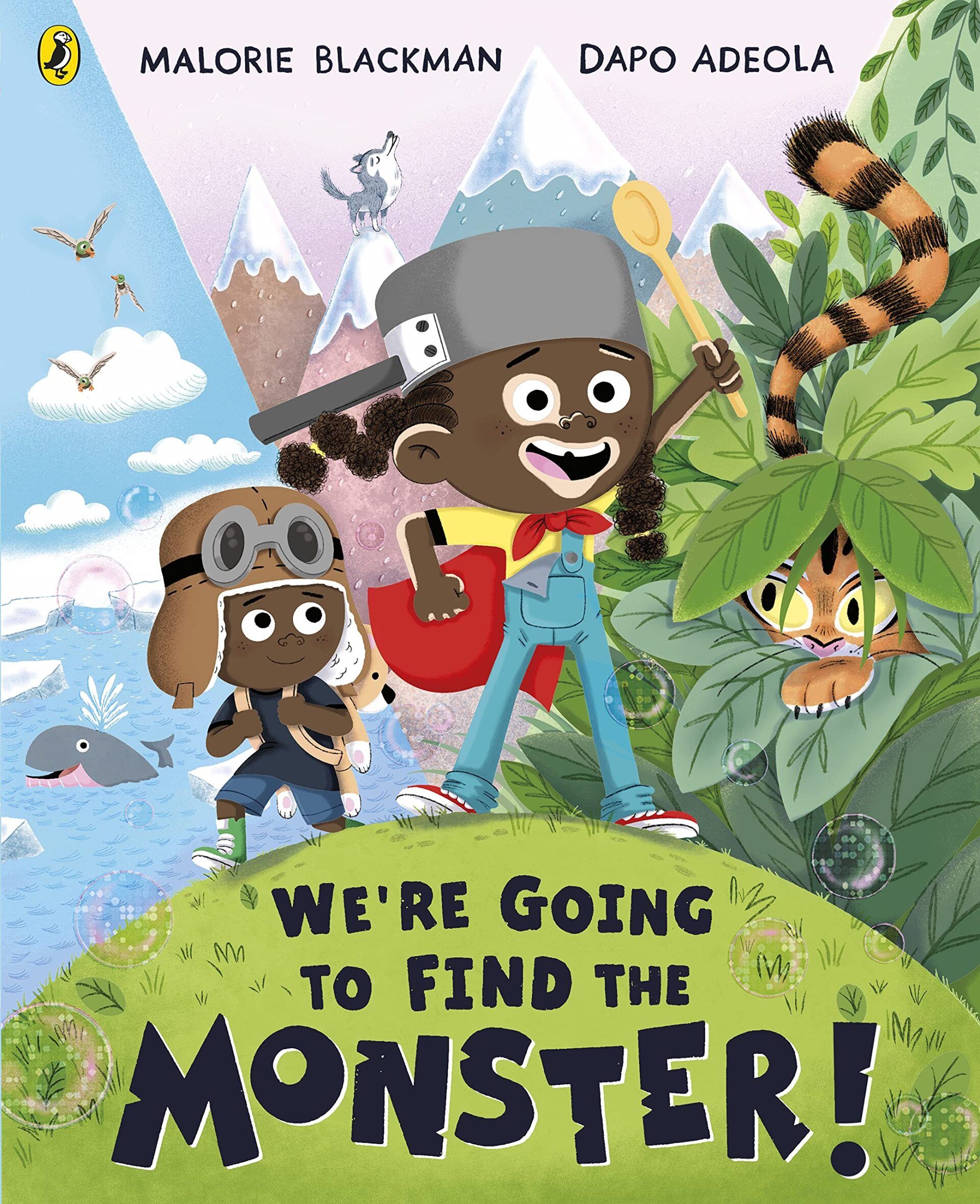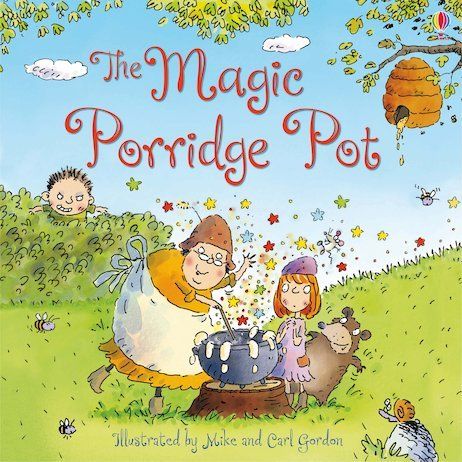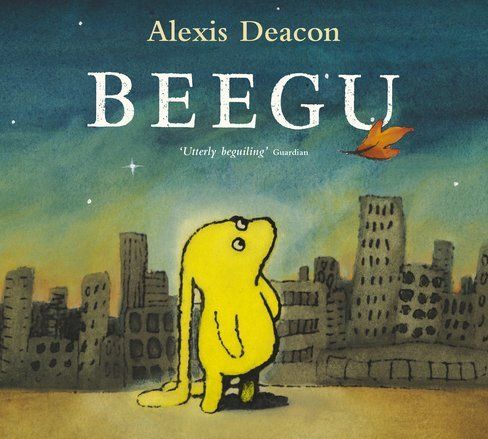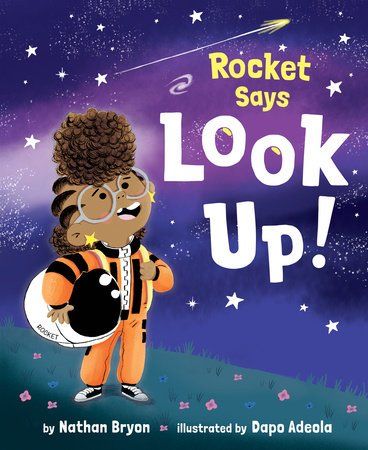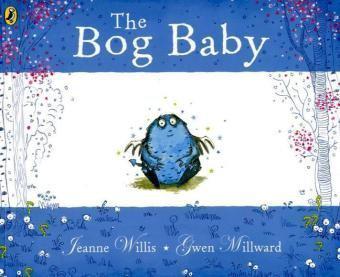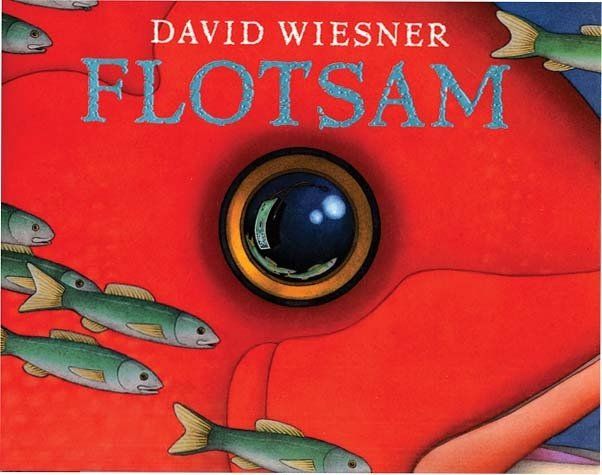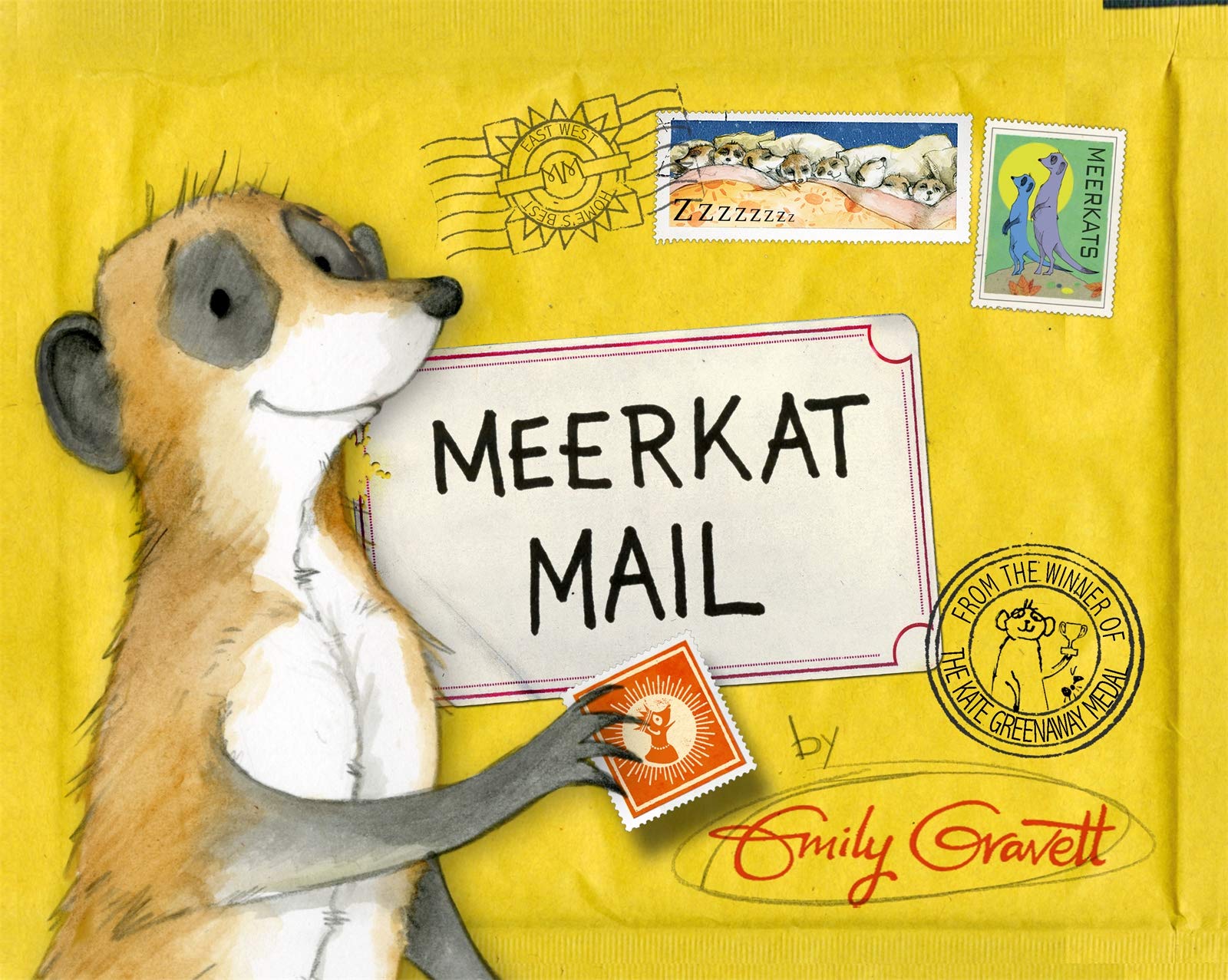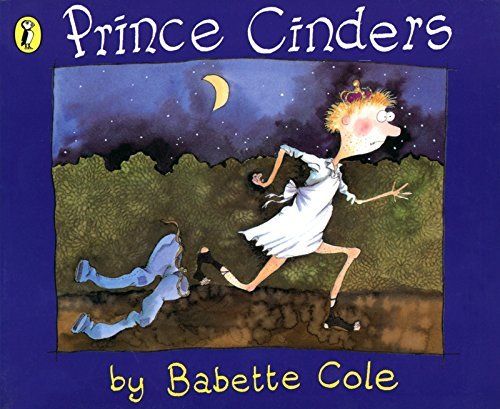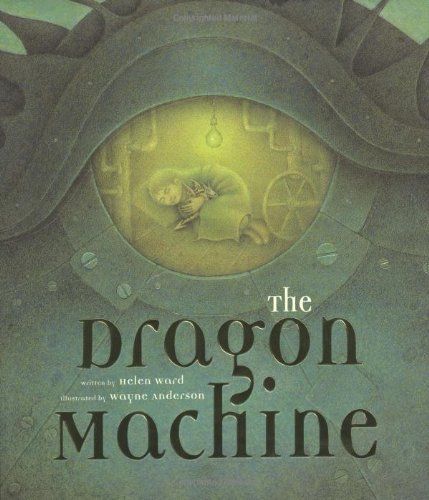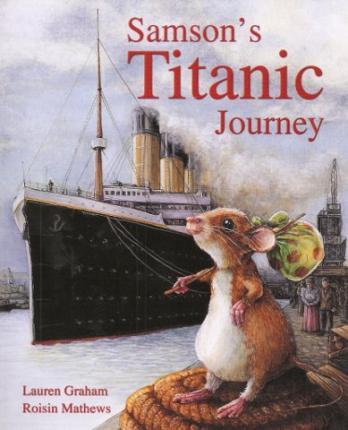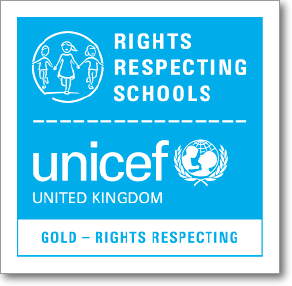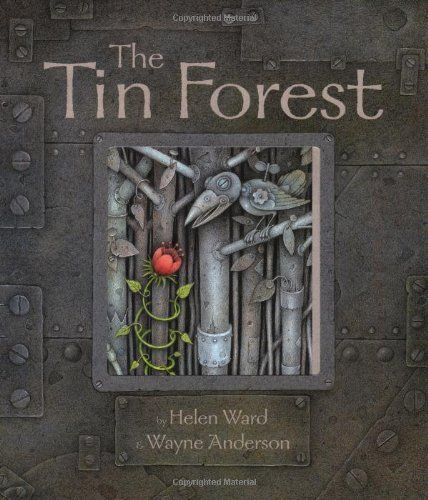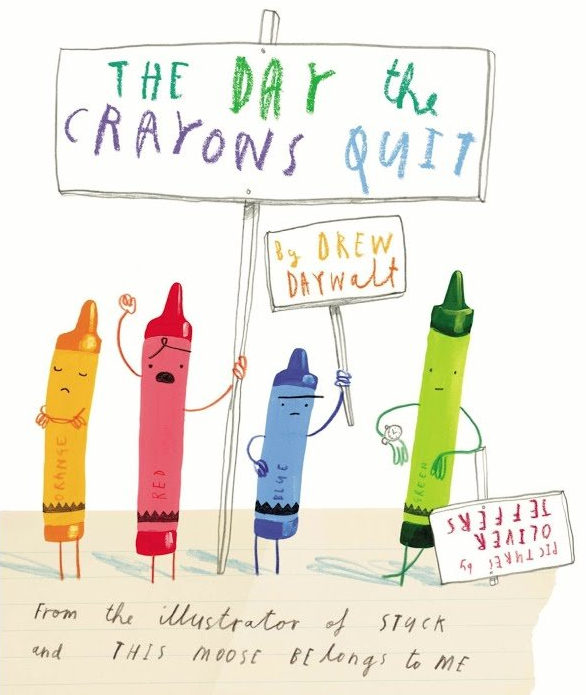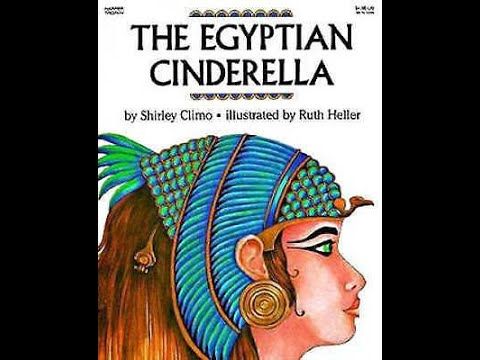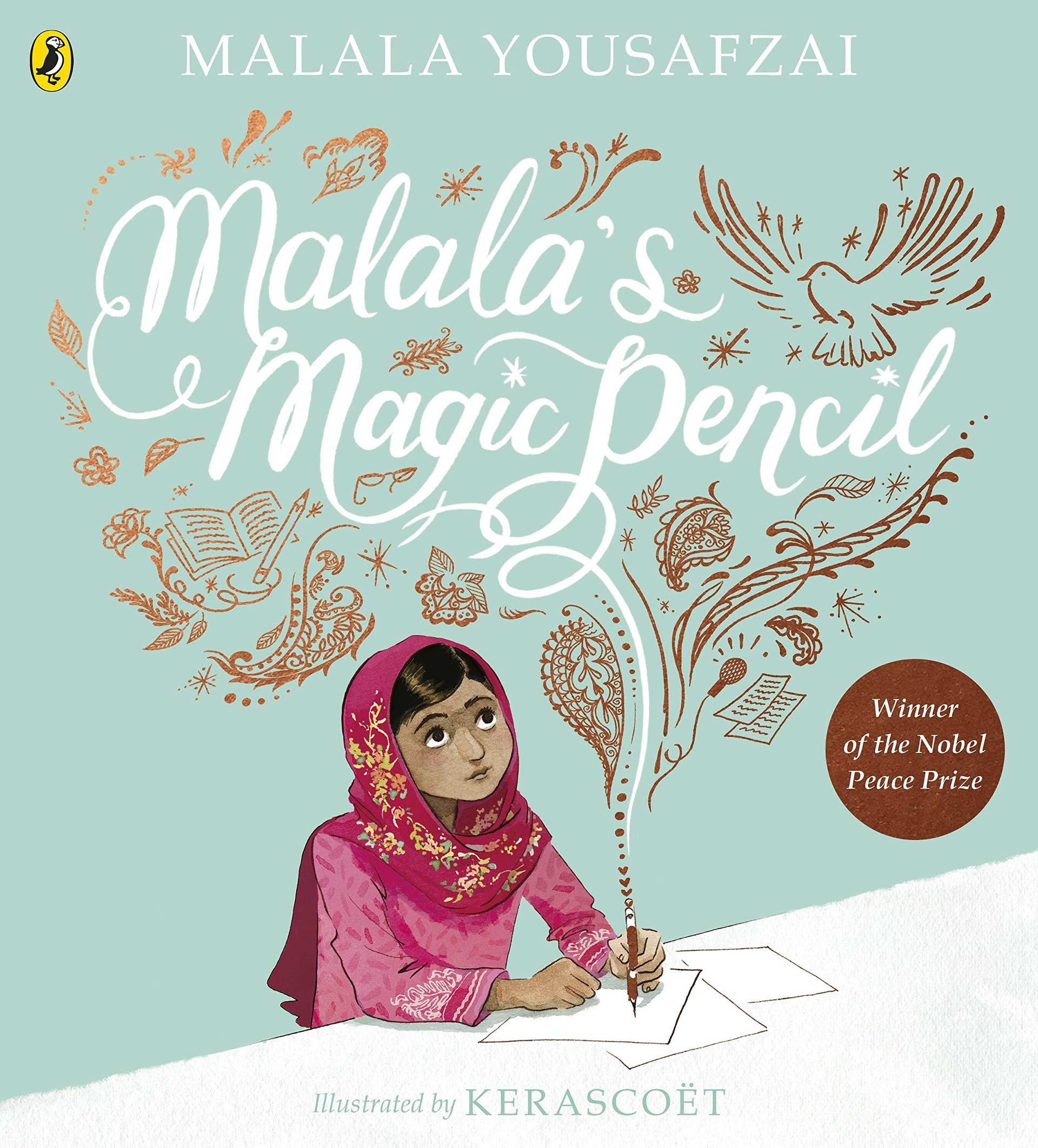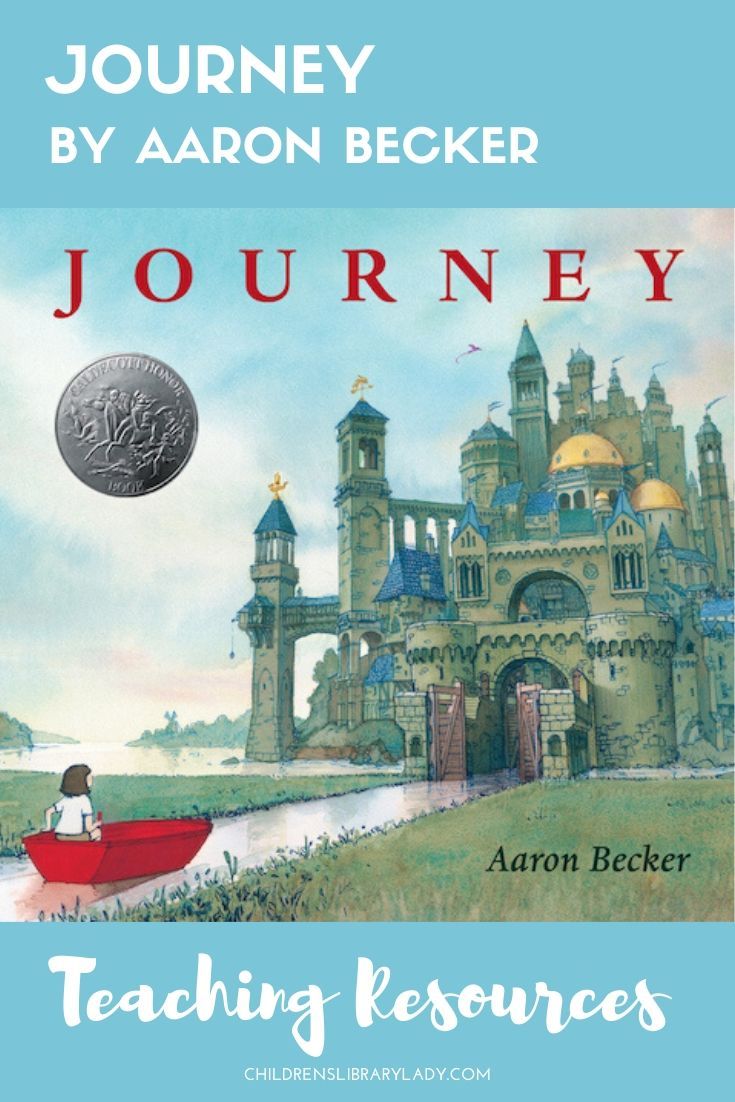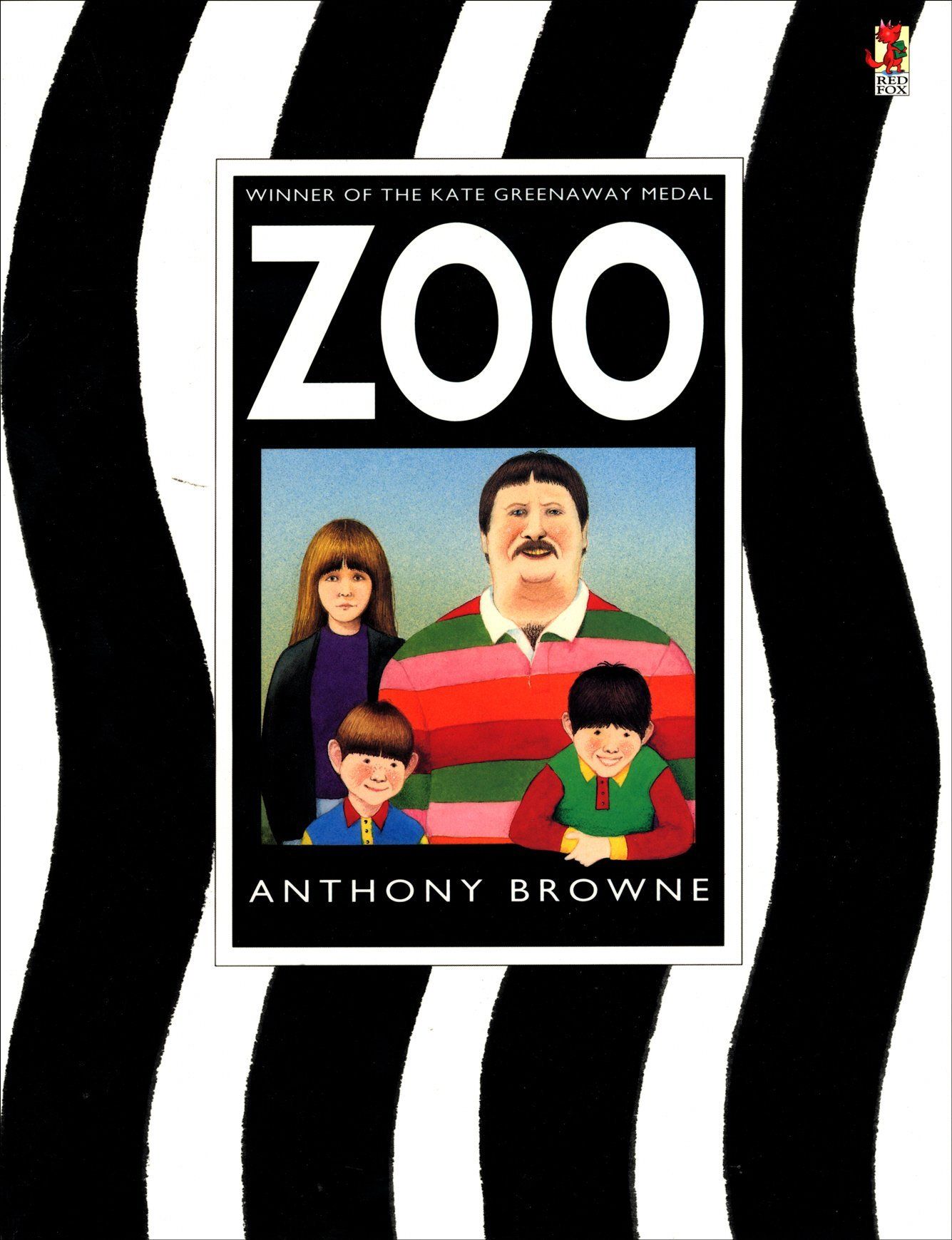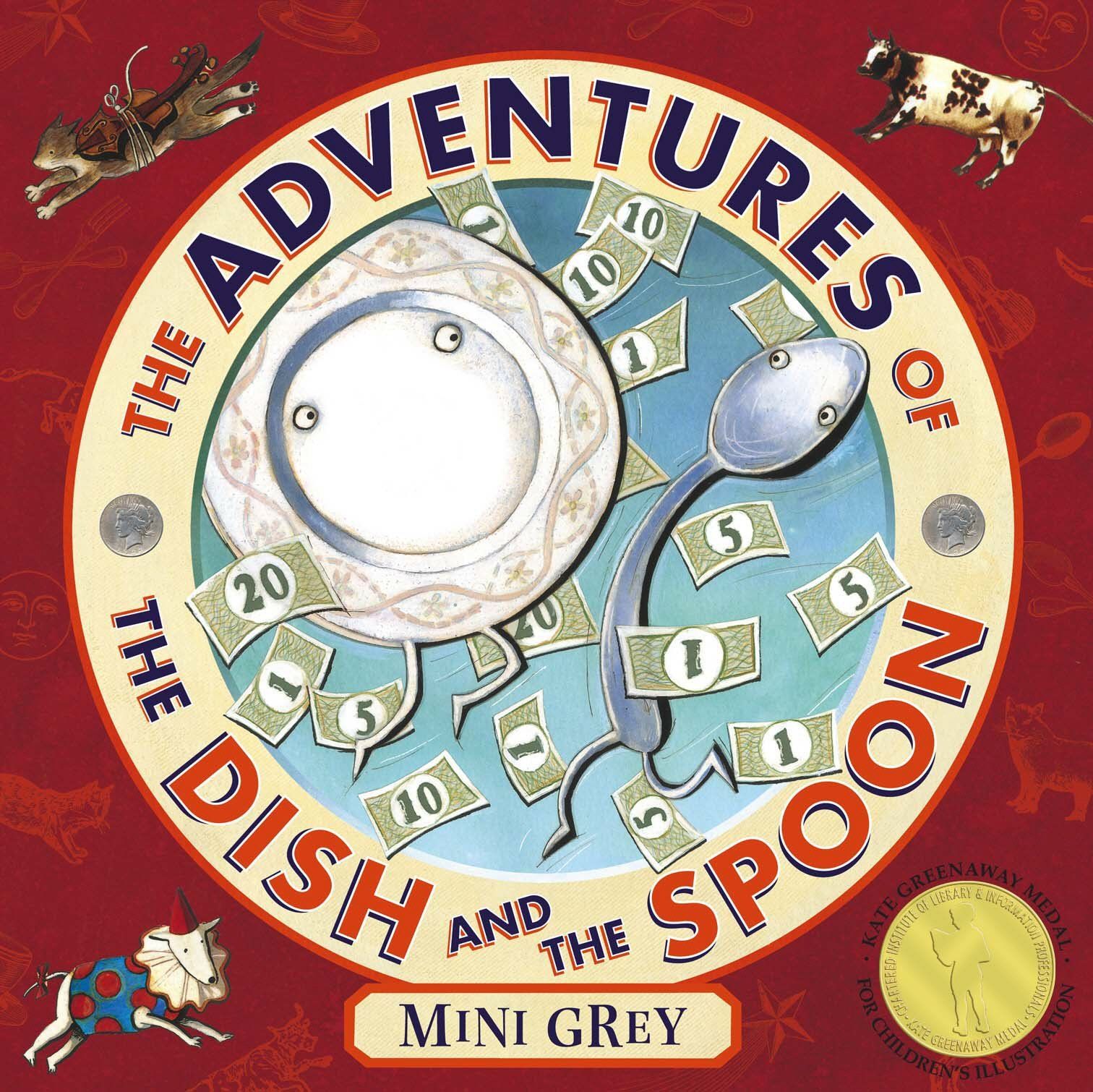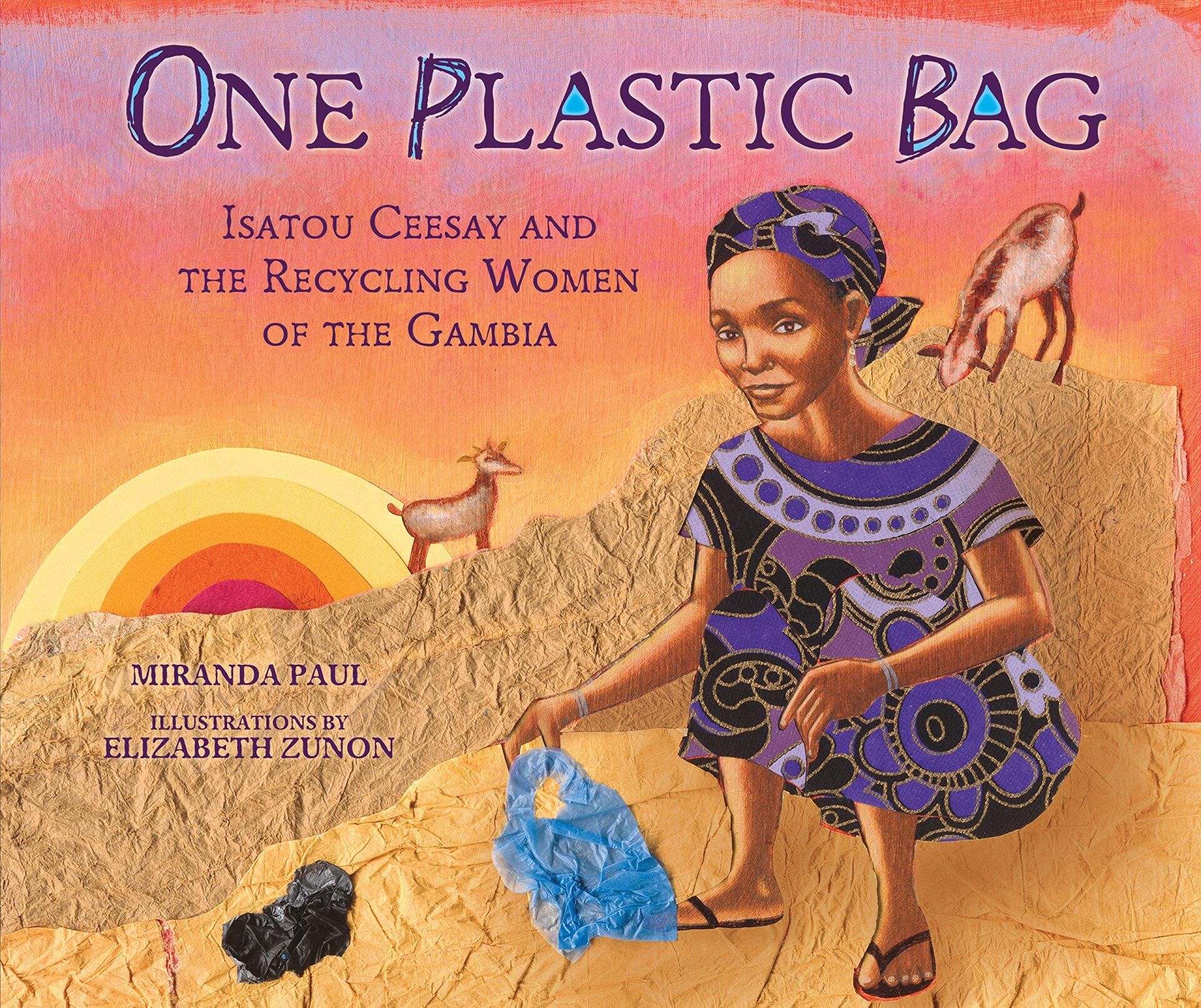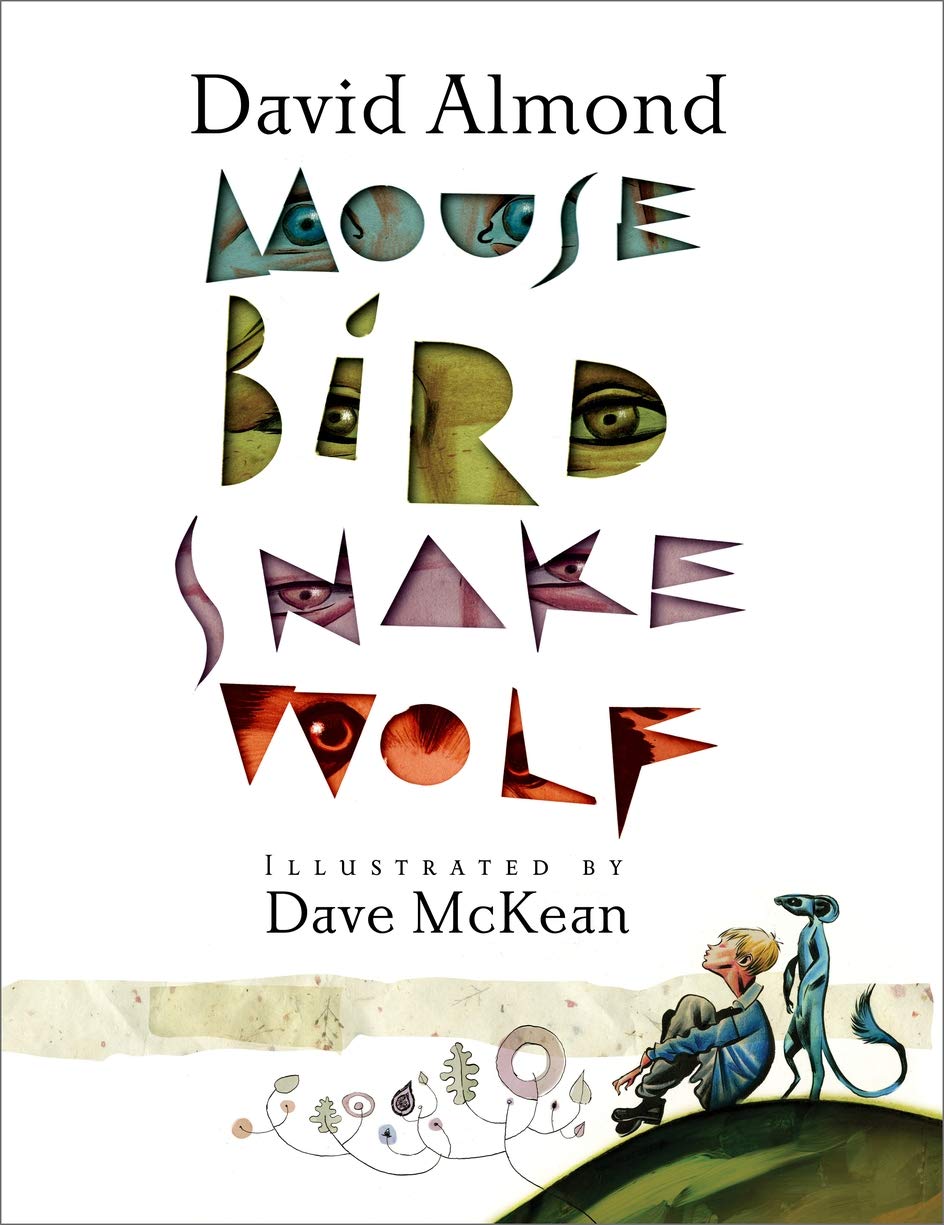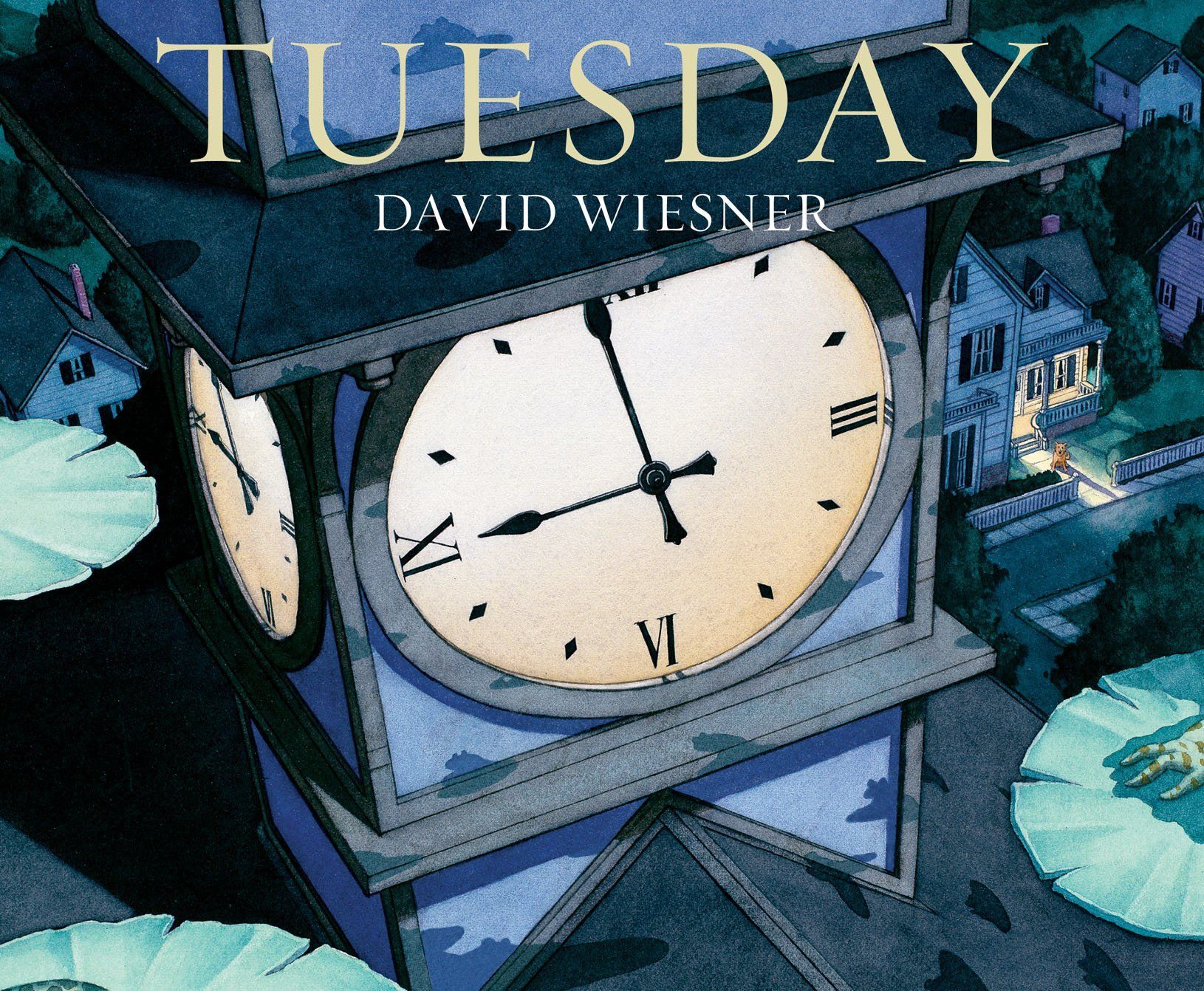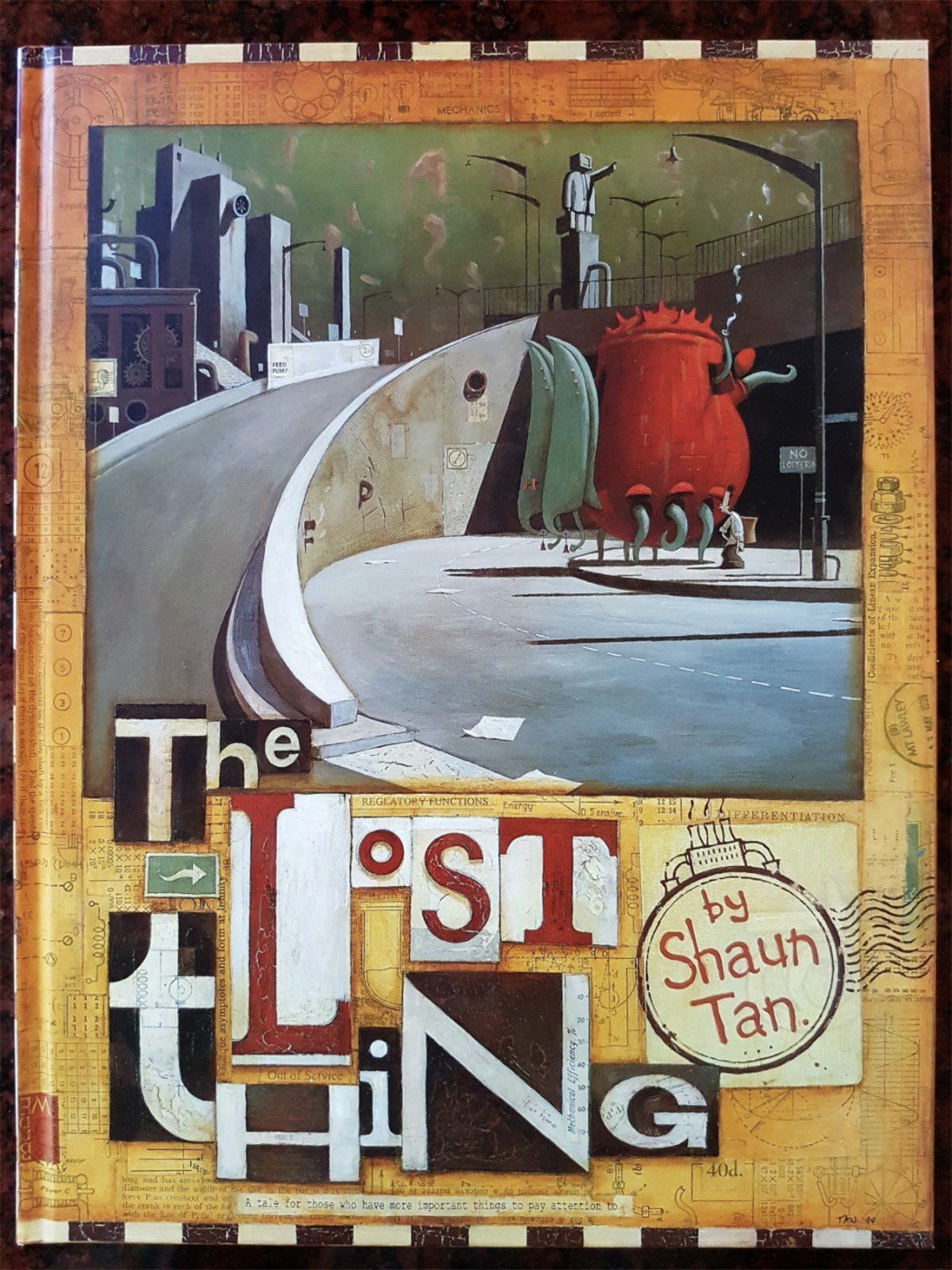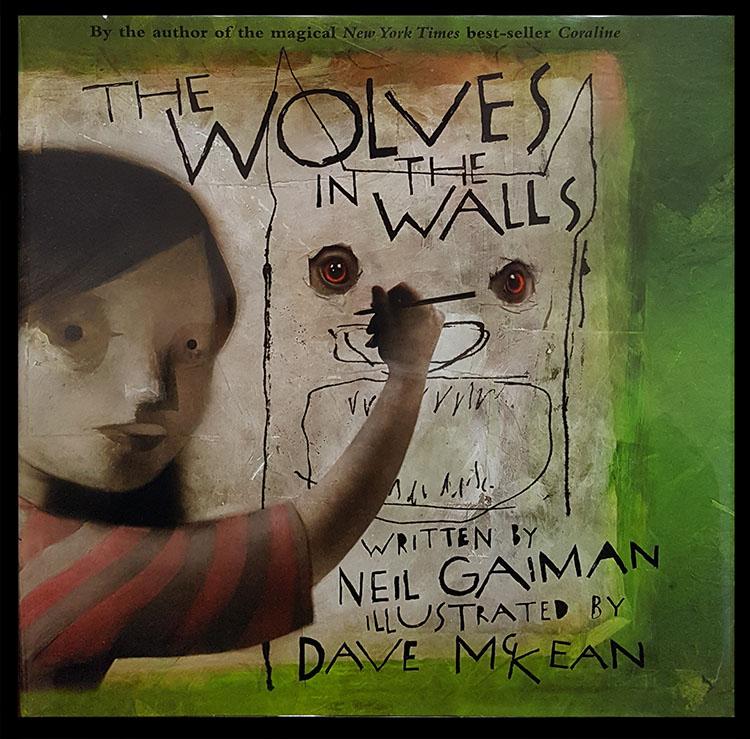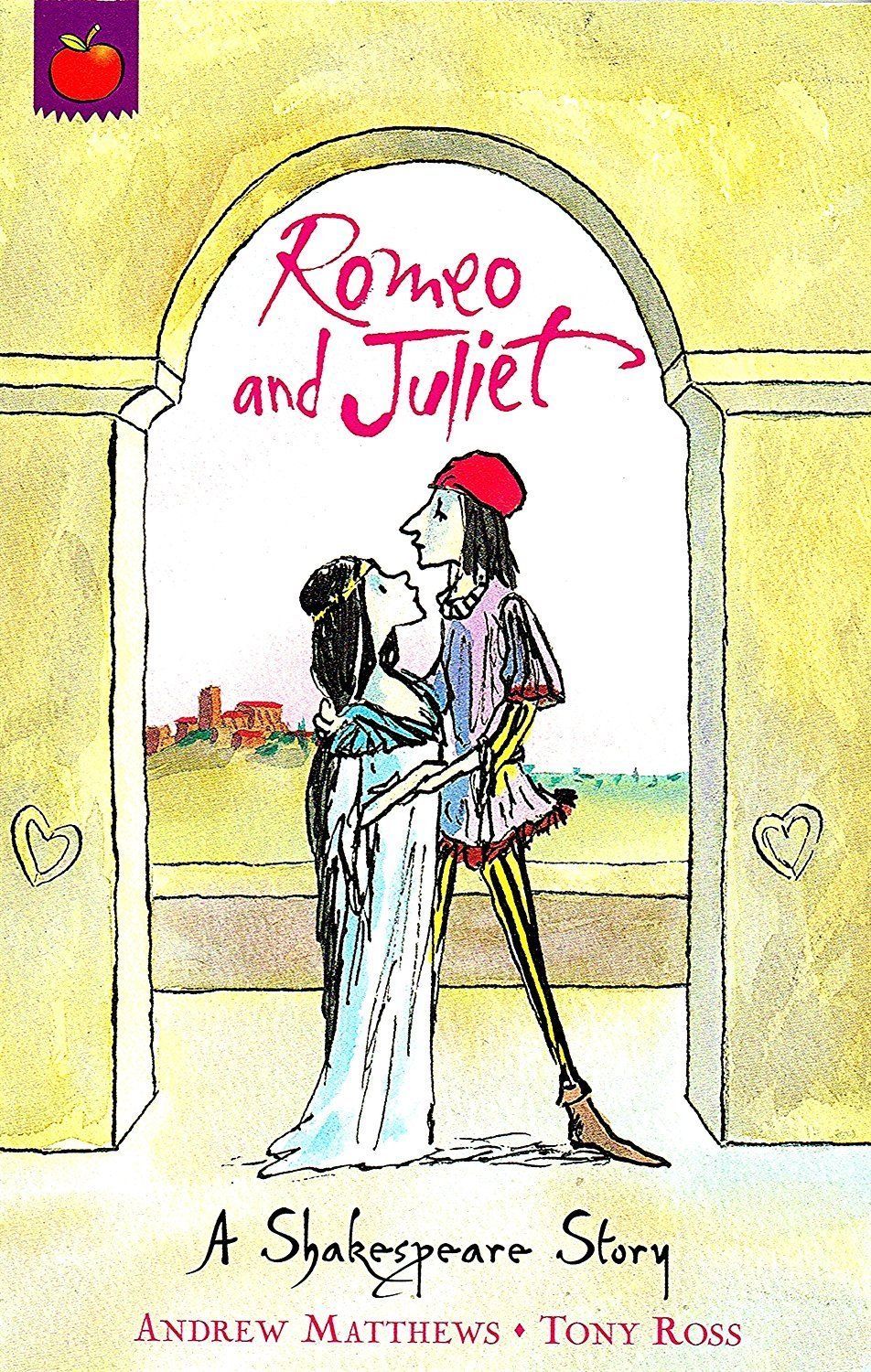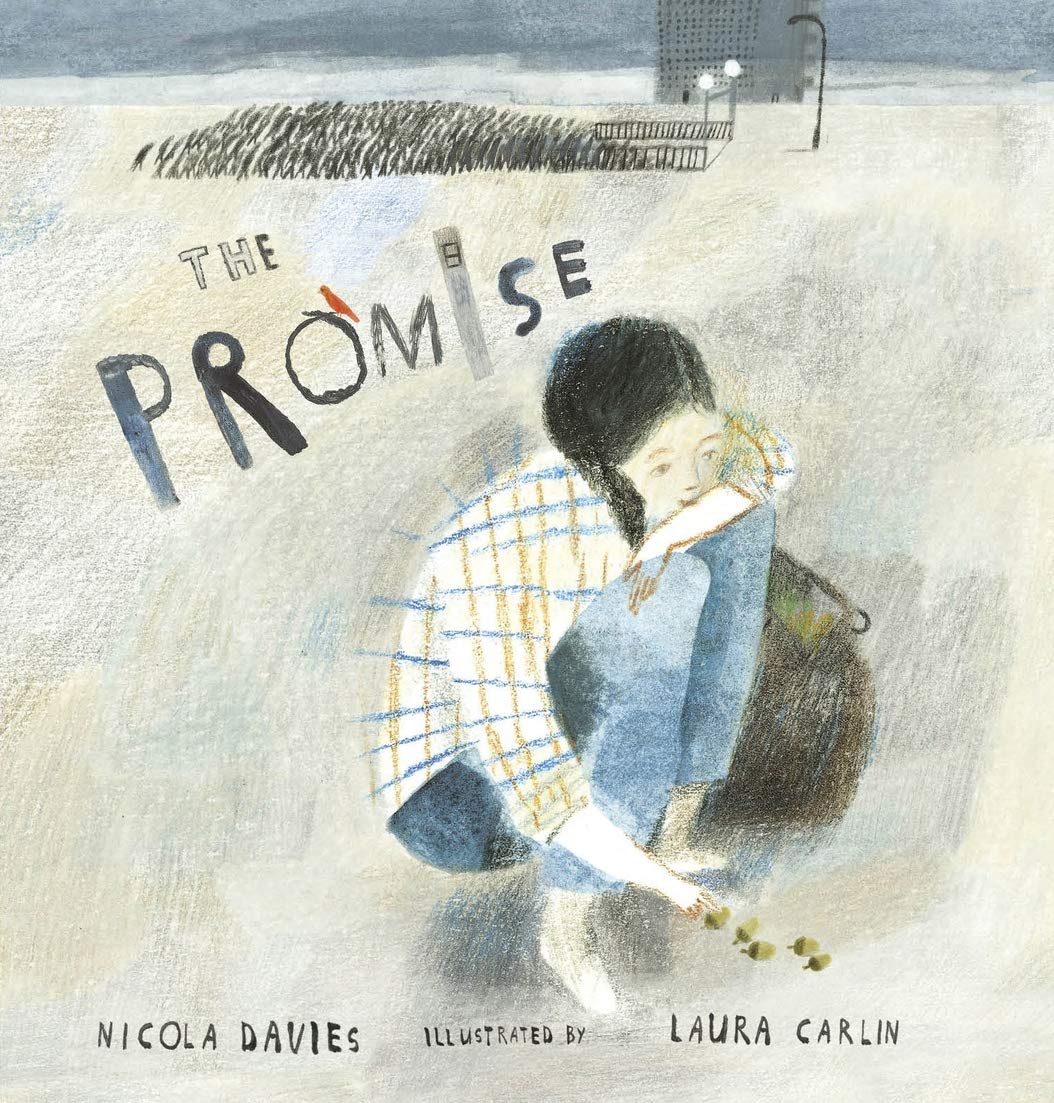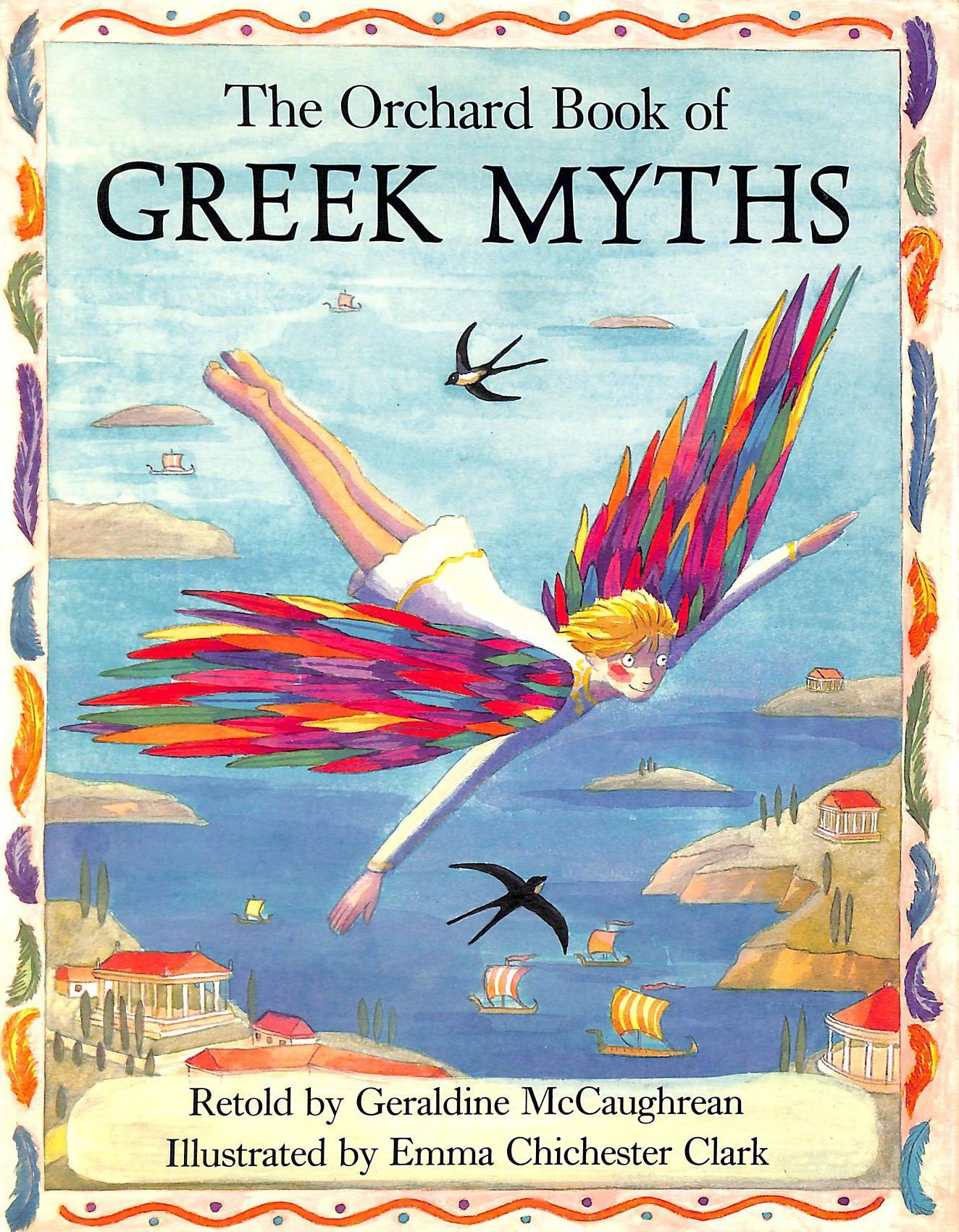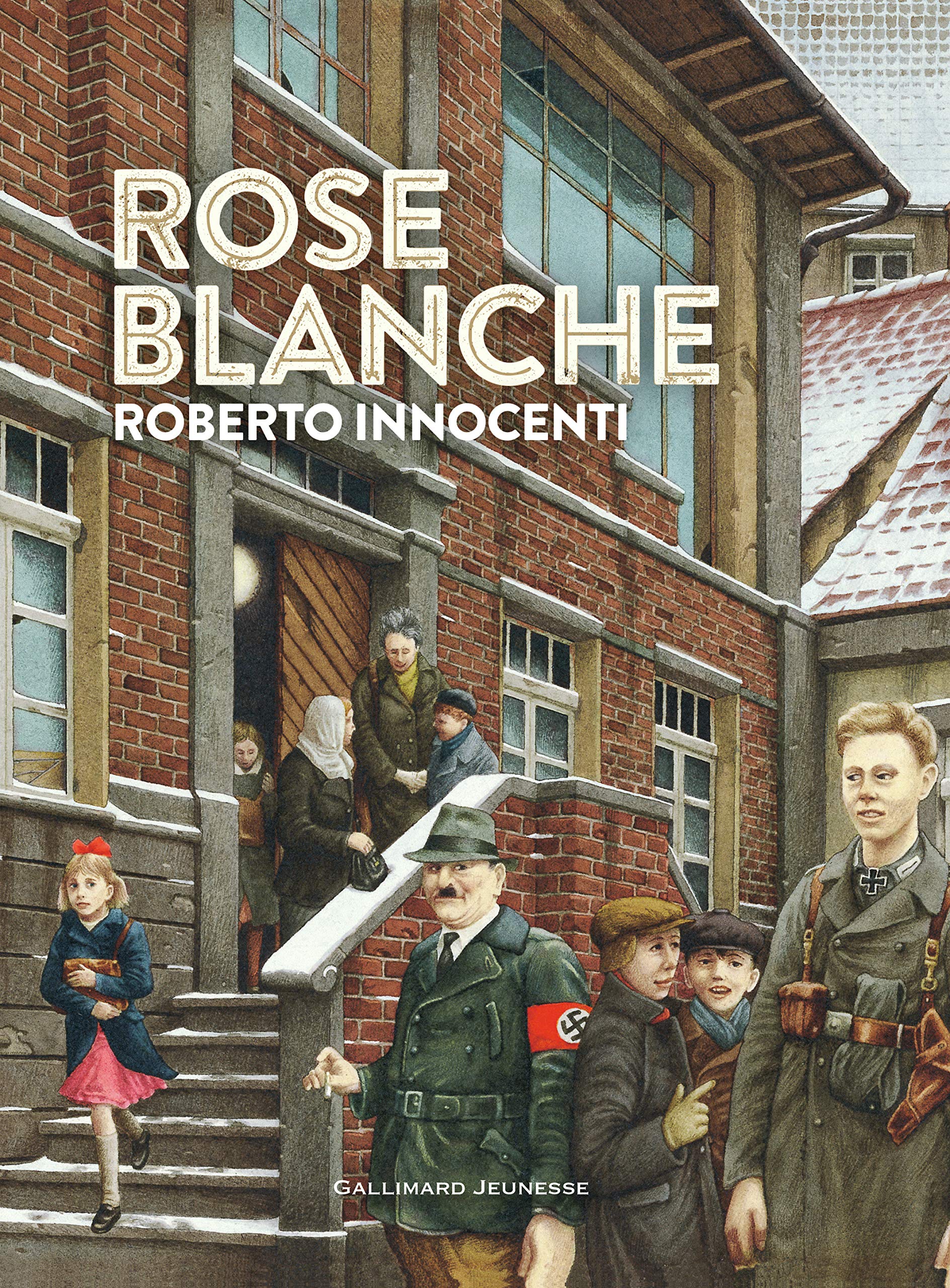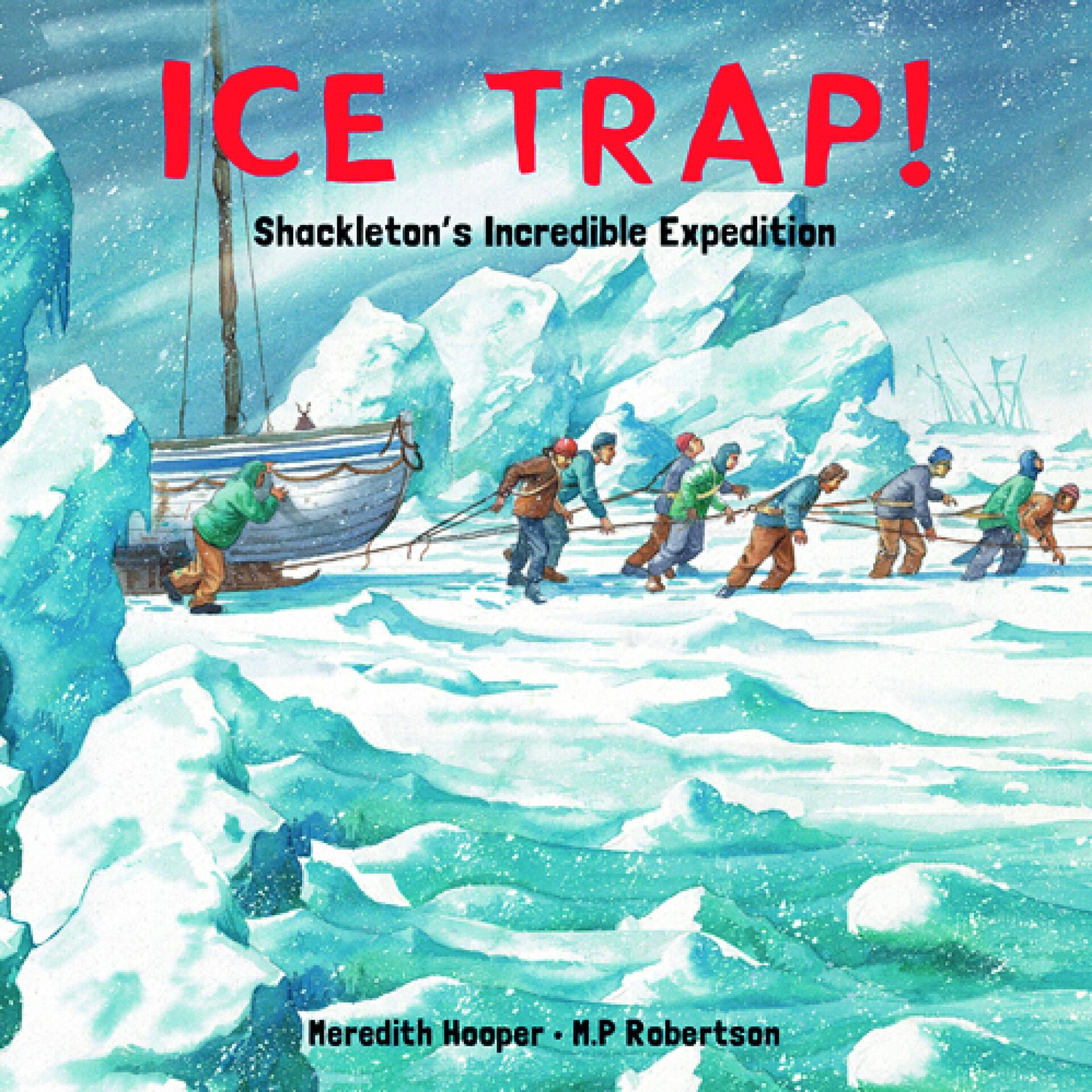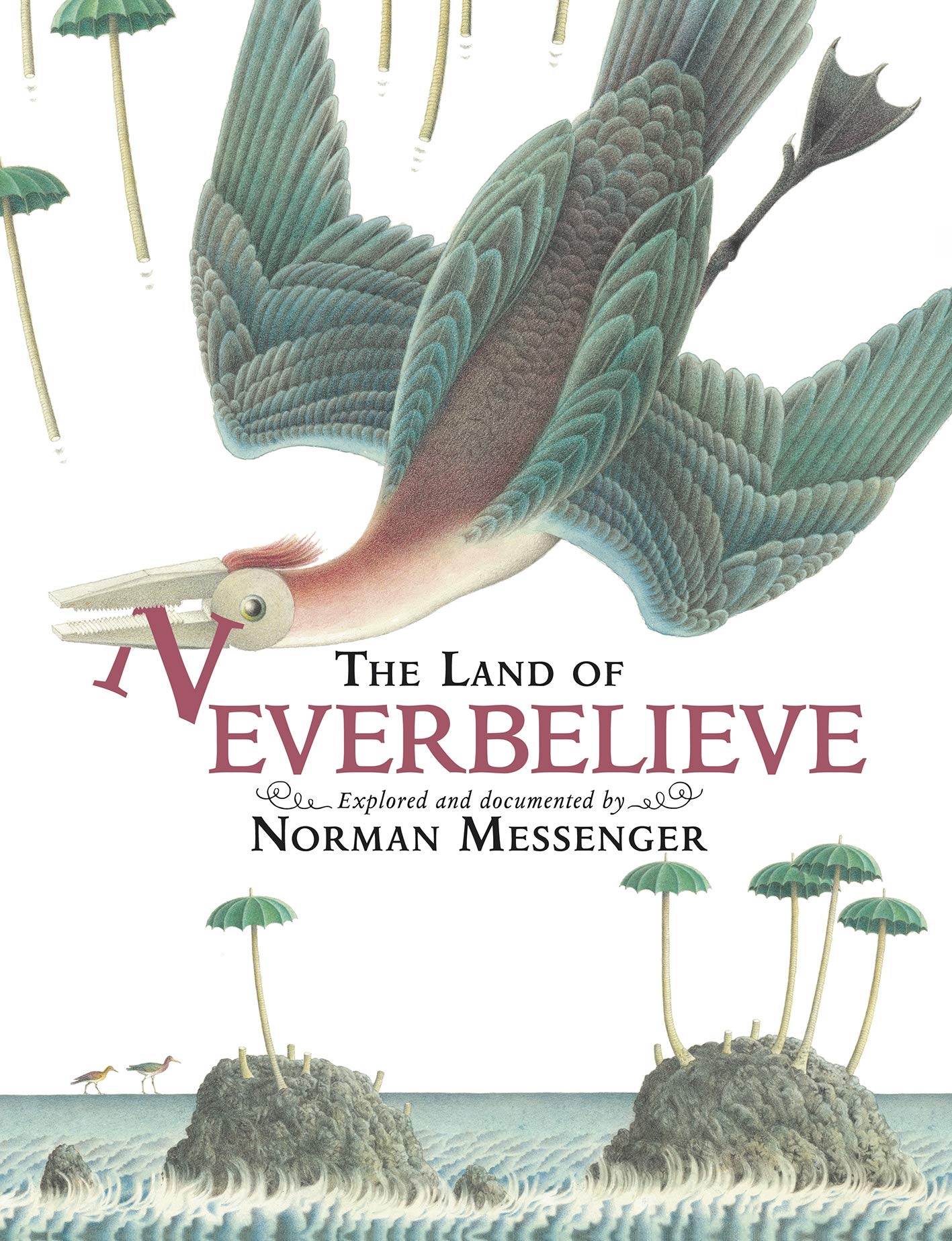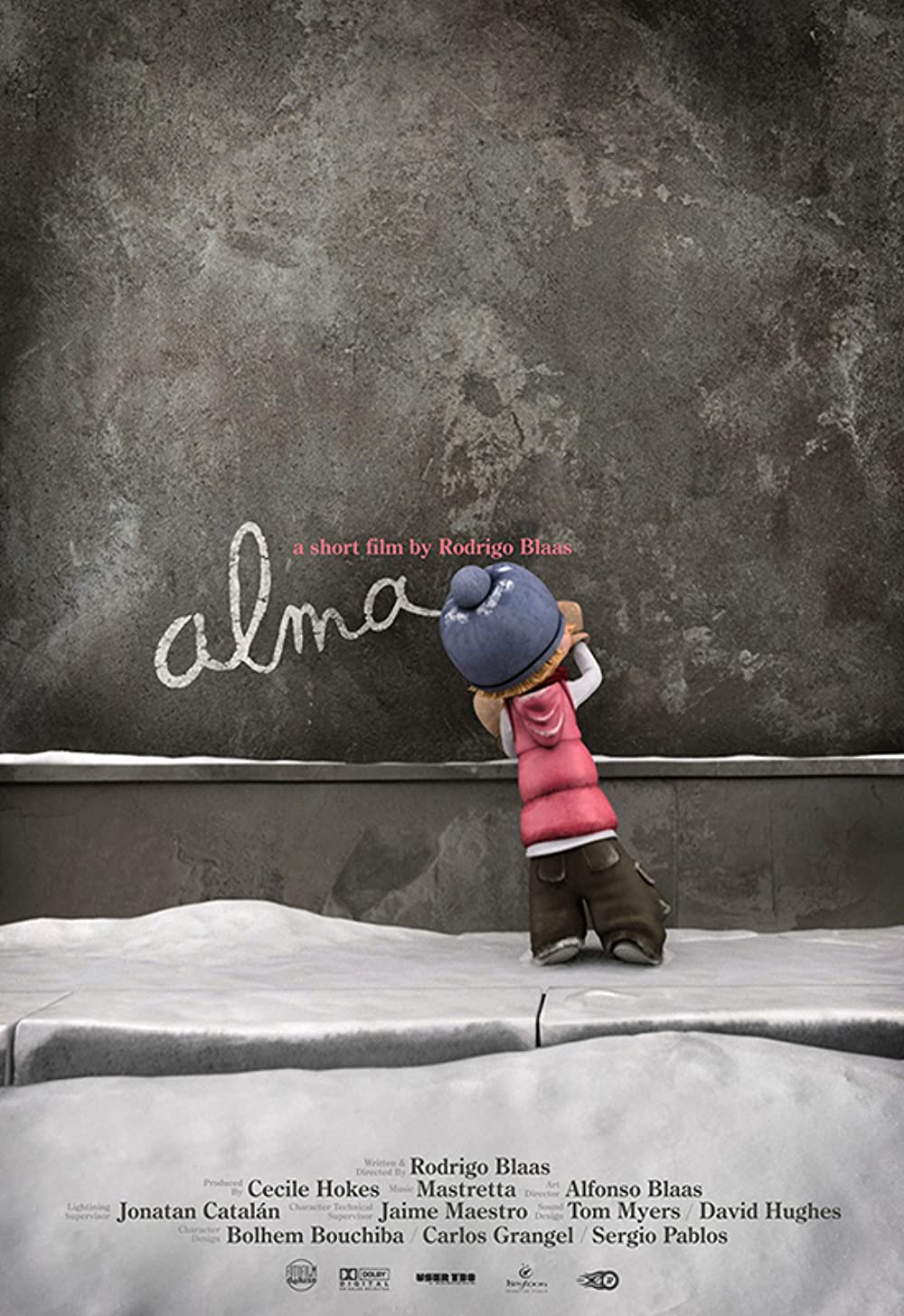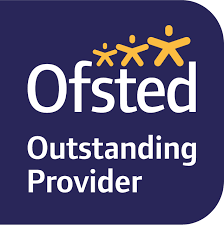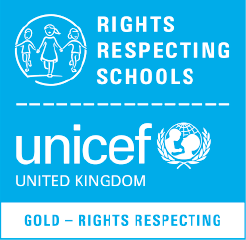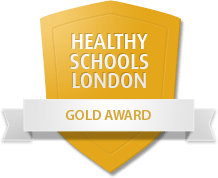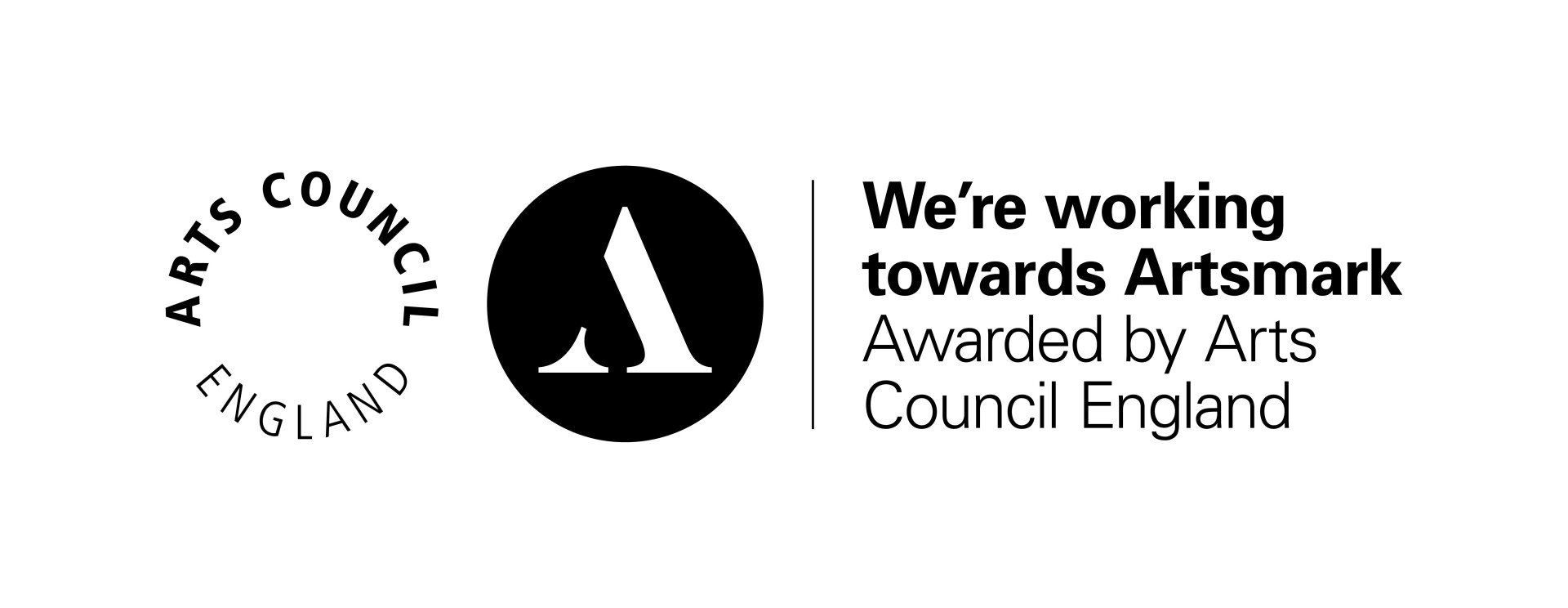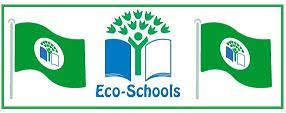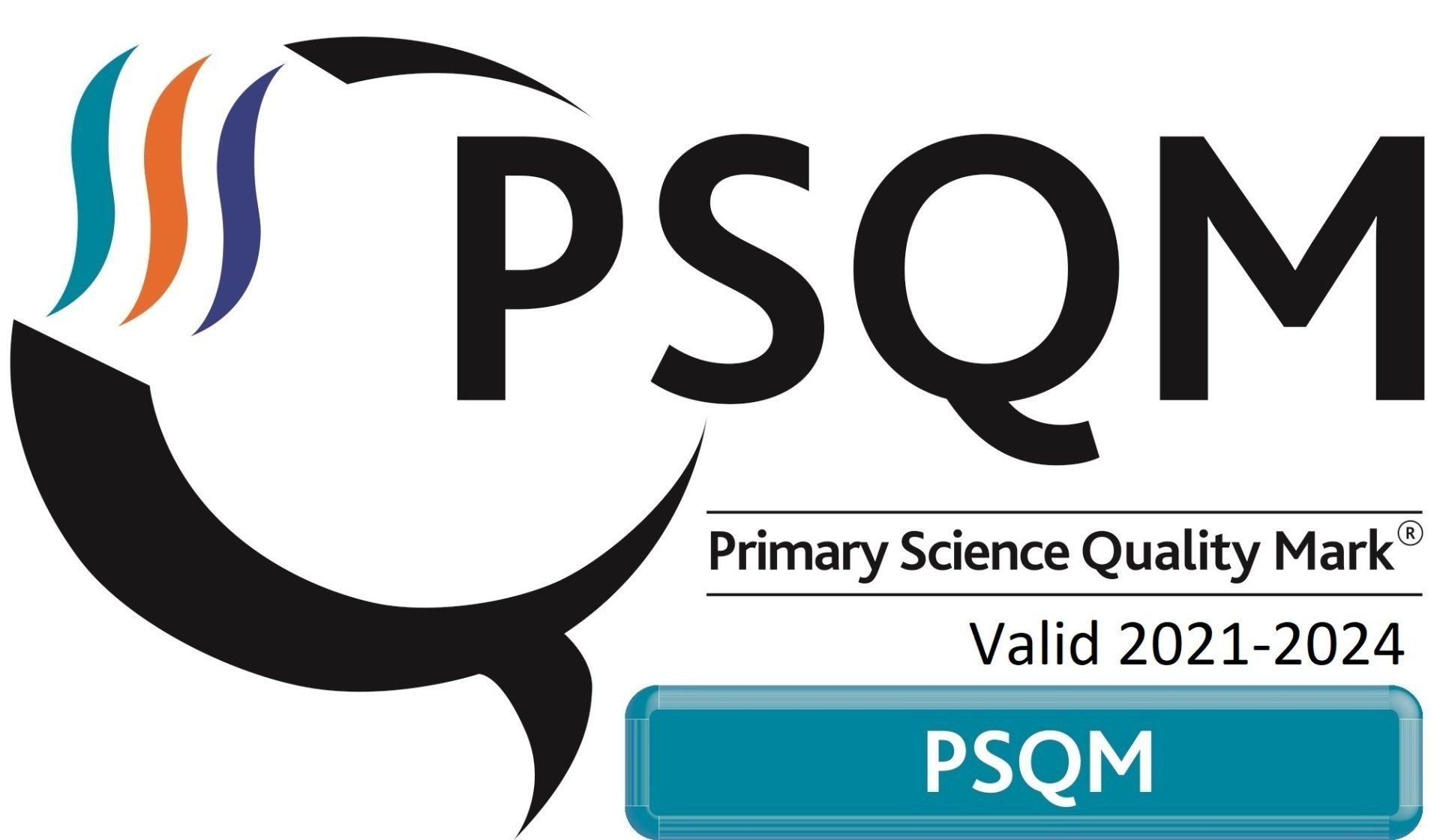English
Curriculum
Reading
Intent
At Grafton we want our children to read their way to a better life; we want them to develop a ‘love of reading’ so that they read both for purpose and for pleasure.
Our REAL Reading Curriculum is...
R: relevant, research-based, reflective
Our reading curriculum develops:
- a strong understanding of the core skills needed for fluent reading, based on the most up to date research
- an appreciation of a wide range of authors, who are relevant to pupils, so that children see themselves in books they read,
- the skills adults need to teach reading, reflecting what we know about best practice.
E: engaging, enquiry-led
Our reading curriculum:
- is underpinned by engaging texts , which children will be drawn into, deepening their understanding and comprehension.
- provides opportunities for children to actively engage in the texts read- encouraging children to question, explore and investigate using critical thinking
A: Aspirational, achievement for all
Our reading curriculum develops:
- An opportunity to read outside of their experience, explore new concepts and ideas
- an understanding of the role of ‘the author’ and the skills that a writer uses to talk to their audience
- a chance to develop reading skills at whichever level they are, so that progress is made
L: For life-long love of learning
Our reading curriculum:
- develops reading for pleasure, helping children to know reading is a hobby that will benefit them throughout their life in all formats, including digitally.
- signposts children and their parents/carers to resources and wider opportunities to support and develop reading.
Phonics and Early Reading
At Grafton, children start to read through Little Wandle Letters and Sounds Revised, which is a systematic synthetic phonics programme. We start teaching Little Wandle Foundations in our Nursery and then, from Reception, we follow the Little Wandle Letters and Sounds Revised progression, which ensures children build on their growing knowledge of the alphabetic code, mastering phonics to read and spell as they move through school.
As a result, all our children are able to tackle any unfamiliar words as they read. We also model the application of the alphabetic code through phonics in shared reading and writing, both inside and outside of the phonics lesson and across the curriculum.
Further details on our Little Wandle page.
Developing Reading
In EYFS and KS teaching focuses on word reading, although comprehension is still a priority. Once children are secure in word reading, the focus moves to comprehension - the act of understanding what you are reading. Comprehension is vital if reading is to have a purpose, if a reader is to engage with and learn from a text and, ultimately, if a reader is to enjoy what they are reading.
Year 2
In Autumn 1, children recap the final stages of Little Wandle, completing a Phase 5 review. Through daily lessons, children secure the trickier elements of Phase 5 and apply this alphabetic knowledge in both reading and spelling.
In addition, one lesson a week is devoted to whole-class reading. This whole-class lesson introduces the reading skills that children will need to apply in their guided reading sessions, starting in Autumn 2.
In Autumn 2, children take part in daily small group, guided reading sessions.
Thereafter, each term comprises a half term of whole-class reading lessons to develop specific skills, followed by a half term of guided reading sessions to apply the skills.
Learning is planned so that, by the end of KS1, children are able to:
Content domain reference:
1a draw on knowledge of vocabulary to understand texts
1b identify / explain key aspects of fiction and non-fiction texts, such as characters, events, titles and information
1c identify and explain the sequence of events in texts
1d make inferences from the text
1e predict what might happen on the basis of what has been read so far
KS2
Children start to develop their reading comprehension skills in Y3 through small-group guided reading sessions. From Spring 1 they follow a whole-class approach which is adopted throughout the rest of KS2. Work is differentiated so that children working below the expected level can also access the text.
Learning is planned so that, by the end of KS2, children are able to:
Content domain reference:
2a give/explain the meaning of words in context
2b retrieve and record information / identify key details from fiction and non-fiction
2c summarise main ideas from more than one paragraph
2d make inferences from the text / explain and justify inferences with evidence from the text
2e predict what might happen from details stated and implied
2f identify / explain how information / narrative content is related and contributes to meaning as a whole
2g identify / explain how meaning is enhanced through choice of words and phrases
2h make comparisons within the text
Reading is developed in KS2 through:
- three whole-class reading lessons a week (lasting up to 45 minutes)
- hearing children read 1:1 every half-term and on a weekly basis through whole-class reading sessions
- in Autumn 1, explicitly teaching the range of skills needed to help pupils to understand a text (using short stories or extracts)
- from Autumn 2, teaching from a whole-class text in line with the Grafton Literacy Overview
- exposure to texts across a range of genres, including poetry, fiction and nonfiction
- explicitly teaching what fluency is and providing ample opportunities to practise reading with greater fluency.
Texts are carefully chosen to ensure children benefit from a wide reading diet which reflects the diversity of the school whilst also introducing children to different cultures and important issues.
Reading for pleasure
‘Reading for pleasure is the single most important indicator of a child’s success’ (OECD 2002).
Every class has an inviting reading area where children can enjoy time to read and independently select books. Children also have opportunities to engage with a range of reading for pleasure events throughout the school year, such as book fairs, author workshops (online or in person) and national events.
Book selection
Grafton Primary promotes independence in reading and the self-selection of books to help children develop a love of reading. If a child has expressed that they are not enjoying their book, an adult should take time to guide the child in selecting a book that is right for them.
Each class should develop its own routine for changing books during the day. In KS1, TAs play a vital role in helping children to select their books although it is still important that children have a degree of autonomy. In Reception and Year 1 children's books are selected by the class teacher based on their phonic ability.
Independent reading
Children should have the opportunity to read independently for pleasure at least three times a week. This can be done when settling in the morning or afternoon or during fruit time. As well as developing the joy of reading alone, children should be encouraged to read in pairs or as a small group too.
Class text
Here, ‘Class Text’ refers to the text that is read to the class outside of Reading and Writing lessons to develop a love of reading.
To develop a reading culture at Grafton, all classes share a class text at least three times a week (this includes library sessions) for 10-15 minutes. The class text is read aloud by the adult for the children to enjoy. The chosen class text should be displayed on the class door.
Texts should be selected on the basis that they add to the reading diet of the class. When selecting a text, teachers consider the appropriateness of content, how it will engage, raise interesting questions or dilemmas, introduce a new author as well as how it reflects the local community or widens horizons into other worlds and cultures. The chosen text is likely to be above the average independent reading level of the class. Classes in a year group can share chosen class texts.
School library
The school library is available for classes to use at least once every two weeks for 30 minutes. When in the library, children should be encouraged to select a wide range of books, to extend their knowledge of different genres. Teaching staff must also use this time to read to the class.
(NB During 2024-25 the school library is being relocated. Where possible, classes will still have the opportunity to benefit from the provision of a school library.)
Reading at Home
In line with Little Wandle, for early readers, a decodable reading practice book is taken home to ensure success is shared with the family. Reading for pleasure books also go home for parents to share and read to children.
Children are encouraged to read daily to develop a love of reading. Up to Year 4, children must read with an adult and have their record dated and signed. Parents should be encouraged to leave a comment communicating what went well or any challenges the children faced. In years 5 and 6, most readers can read independently and sign their own reading records. However, parents must hear their child read at least once a week and sign their reading record.
Class teachers are expected to look at all reading records at least once a week to monitor reading at home. There is no expectation for teachers to leave comments in books unless they have read a pupil’s home reading book with them 1:1.
Writing
At Grafton Primary School, we strongly believe that English is a significant life skill that is essential to participating fully in society. We aim to develop the abilities of all children in our school to communicate their ideas effectively through spoken and written writing.
Intent
At Grafton Primary School, we strongly believe that writing is a significant life skill that is essential to participate fully in society. We aim to develop the abilities of all children in our school to communicate their ideas effectively in speech and in writing.
Our REAL Writing Curriculum is …
R:
relevant, research-based, reflective
Our writing curriculum:
- reflects a strong understanding of how to develop the core skills needed to become a ‘writer’, based on up-to-date research
- develops the skills to write different genres, each with a purpose and an audience, so that children see themselves as ‘real’ writers
- enables children to write for a range of purposes, reflecting both historical and current needs (eg historical diary through to modern day podcasts, online newsletters).
E:
engaging, enquiry-led
Our writing curriculum:
- takes children on a journey through a text with opportunities to explore and be curious about a writer’s style and purpose
- enables children to develop their oracy skills as a pathway to writing
- provides opportunities for children to learn in different ways, eg through drama, debate, hot seating, filming.
A: aspirational, achievement for all
Our writing curriculum:
- nurtures imagination and creativity
- develops confidence, through teacher models and a range of supports including colourful semantics and visual supports, so that progress is made and all children can produce quality writing.
L: for life-long love of learning
Our writing curriculum:
- meets the needs of all children, providing the skills needed for their next steps
- develops an understanding of writing in role for different purposes, eg as a book critic, a biologist etc.
The information below explains how writing is taught progressively at Grafton through the key stages.
Mark making
The process of learning to write begins in the Early Years Foundation Stage before children are physically able to write. Teachers in the EYFS provide a rich play-based learning environment where children represent their thoughts and feelings in different ways. As children begin to understand that ‘marks’ can have meaning, they become more purposeful in their own ‘mark making’. Adults in Early Years underpin this process, from initial mark making to writing words and sentences, with high quality talk.
Text Selection
At Grafton, the teaching of writing is underpinned by high quality texts. Children are exposed to quality texts which will engage them whilst exposing them to vocabulary and language structures which will enable them to develop their own skills as a writer. The texts are chosen to reflect the diversity of children within the Grafton community. The attached grid shows the diversity of texts used at Grafton.
Three-phase approach to writing
The children are taught a wide range of genres within Fiction, Non-Fiction and Poetry. We encourage teachers to use creative and engaging teaching strategies, including drama, role-play, hot-seating, freeze framing, story mapping. Our aim is for pupils to develop a high level of oracy to support their writing.
At Grafton, each writing unit is planned based on a three-phase approach.
| Phase 1 | Phase 2 | Phase 3 |
|---|---|---|
| Immersion | Developing Writing Skills | Production |
The unit starts with the children being ‘hooked’ into the text through immersive experiences. Phase 2 includes a series of lessons with explicit teaching of the grammar skills needed to write effectively in the chosen genre. In the production phase, children rewrite their piece, including revisions they have made during the editing process.
With editing and improvement, the children publish their writing which might include a class book, journal, a poem for a school display, presentation for an assembly or writing for the school website.
Grafton children are taught handwriting, and spelling rules as well as a daily Literacy lesson.
Wider opportunities for Writing
Opportunities are provided for children to develop their creative writing skills outside of lessons. This includes Rights Respecting Ambassadors writing and presenting assemblies, children attending Writing workshops and participating in writing competitions.
NURSERY
RECEPTION
YEAR 1
New Paragraph

